If you had asked me late last year for a list of surprisingly capable devices I expected to find on my wrist in Spring 2020, I certainly wouldn’t have said a $129 GPS watch from Timex. But here we are, and after nearly a boatload of runs, rides, and daily use – I’ve got more than enough information to splay across a full in-depth review.
However, in some ways how Timex got to this position is just as interesting as the device itself. And it’s also semi-critical to understanding how a company with only a handful of dedicated staff for this product line could spit out a watch that easily competes with Garmin or Fitbit’s budget offerings – and in fact, likely eclipses some of them in certain areas. Even if, yes, you think the Timex has a slightly more ‘vintage’ look.
The answer? Huami. Well, actually, Amazfit (which Huami owns). Yes, the same Amazfit that makes budget wearables and swanky smart mirrors. About 18 months ago the two companies released a press release that almost nobody noticed. Turns out, it had a purpose. See, while the watch exterior and design is definitely Timex – much of the software is very much Amazfit. All of the app is Amazfit, and all of the analytics. And these days, those pieces are just as important as the wearable itself.
But, we’re probably getting ahead of ourselves a wee bit. A lot actually. So first off – this GPS enabled, touchscreen equipped activity tracker has a claimed 20-hours of GPS-on line and 28 days of standby life. I’ll tell you straight up those claims are somehow accurate. Despite its size, the battery lasts forever (trust me, I tried to let it die – I gave it nearly a month sitting off to the side on my desk as I misplaced the charger for weeks – it’s virtually impossible to kill. Those last 10% last forever).
However, before we talk about that – let’s get this thing unboxed.
What’s in the box:
I appreciate simplistic packaging, and the R300 delivers in that sense. It’s got a clean description of what’s in the box on the outside, and everything is accurately portrayed (some companies make their watch face screen imagery appear like it’s an 8K OLED screen on the box, when in reality it’s a dot matrix printer).
Crack it open, and the watch is chillin’ there looking at you.
Under it are two things – The charger and a quick-start piece of paper:
Here’s a closer look at the charger:
And then the quick-start paper.
Oh, and the watch itself, of which the front of the watch is actually mineral glass, and not plastic, surprisingly enough.
As for the weight? It comes in at at cool 43g:
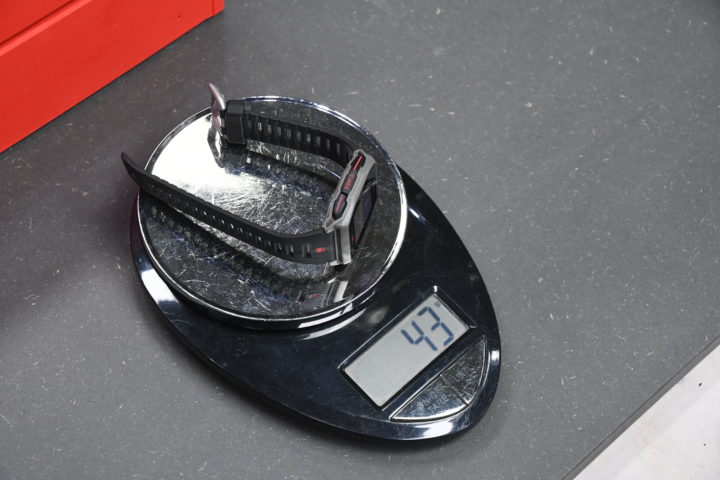
So, with that, let’s start diving into the basics.
The Basics:
The interface on the R300 is heavily button-based, but it does actually have a touchscreen. First though, there are four buttons – one on the left, and three on the right, that you use to navigate your way around the fairly simplistic menu.
But there’s also a touchscreen that works like any other touchscreen on a wearable, complete with swiping gestures. You can toggle it on/off entirely if you want, or, off during workouts.
Meanwhile, on the back of the watch is a dual-LED optical HR sensor. Nothing fancy looking, but as we’ll see later, looks can be deceiving.
The watch uses a standard 24mm strap with a stainless steel buckle. The strap can be detached to swap out for your own, there a gazillion on Amazon. I had no issues with the stock strap. Also, the entire unit is water-resistant to 50m.
The default watch face shows you the current time/day/date, as well as your current heart rate and steps for the day. You’ll also see battery status (it lasts forever, seriously), and smartphone connection status.
But you can also pick from dozens of other watch faces as well:
When a button is pressed the backlight will illuminate and stay on for 5 seconds after the last button press. Gone is the Indiglo coloring that Timex was famous for. Don’t worry Timex, the world thanks you for moving on to a normal backlight.
So diving into the user interface a bit, the first thing you’ll realize is that anytime you interact with the watch you need to press one button to wake it up. Sure, it’s always awake, but it’s basically not paying attention to you. So the first button is saying ‘Yo watch, listen to me!’ Kinda like talking to Siri or Alexa. Then any subsequent button press after that it’ll listen to.
When you press the up button, it’ll show you the Airplane Mode & Do Not Disturb mode options. These are simple: On or off (individually):
If you press the left button (back basically), it’ll do nothing. But, if you double-press it, it’ll give you the weather (assuming it’s connected to the Timex app):
Meanwhile, pressing the bottom button lets you see any missed smartphone notifications:
Finally, the vaunted middle button. No relation to the middle finger. This button gets you to the good stuff. It’s here you’ll be able to start a workout, open a structured workout, review past workouts, control music on your phone, look at daily activity stats, set alarms, create timers, and access settings. In other words, it’s where you do just about everything that matters.
Now – before I forget, this watch has the attention span of a gnat. Seriously. If you don’t press a button within 10 seconds, it’ll reset all the way back to the watch face screen. So, if you’re distracted for a second doing something and don’t press a button on the menu, it’s like being reset in Mario Bros. Obviously, this impacts me trying to take photos for a review more than most people.
In any case, I’ll skip the workout, coaching, and review options as we’ll talk about those later in the sport section. So that leaves us next with the Activity bits, which is where we can see Steps, Distance, Calories, and Heart Rate. First in a summary screen, and then individually.
When viewed individually, you also get a progress bar around the outside edge, showing each metric against your goal metrics for the day.
All of this same data can also be viewed in the smartphone app as well. It also even auto-recognizes certain activities and puts them on the data page, you can also sort and view by month or week too:
Next there’s sleep data. This isn’t viewable on the watch itself, but instead on the app. The metrics here are pretty much the norm for activity trackers, but it does also give some minor suggestions here and there – which is more than many wearable apps actually do. And again, you can look at all sorts of historical stats and averages too.
The watch is also constantly recording your heart rate, so you can see those stats as well, albeit with slightly less historical type averaging than the other metrics. Though, inversely, it gives you zones, which is kinda interesting when looking at things by day (some other companies also color the chart too, but this breaks out those at the bottom as well):
When it comes to any of these metrics goals, they can be customized through the app pretty easily, as well as heart rate zones:
Also, randomly, in theory the watch & app will even figure out if you’re eating, brushing your teeth, or taking a bath – and log that too. Though, it didn’t seem to do so for me. Realistically, if this worked and Whoop got together with Timex, it seems like then they could auto-populate that ‘Did you have sex last night?’ option in Whoop’s journal for you automatically.
Next, within the app if you’ve got other Timex R300 GPS friends (or, I suppose enemies), you can connect up to them and sync data. Regrettably, I don’t have any friends or enemies with the R300:
There’s also a ton of configuration options, primarily related to various alerts and smartphone integration. And I think it’s in here that the Timex R300 kinda shows its cards a bit into how much they’re able to leverage the Amazfit platform to get all of these features that simply wouldn’t be there with a company the size of Timex by themselves:
Finally, from a data portability standpoint, most of your daily metrics can be exported to Apple Health (though, fwiw, GPS activities don’t properly show up there). You can also export workouts to Strava & RunKeeper, but we’ll talk about that in the sports section.
There is a method to export data entirely out of the platform using the AmazFit platform. This is actually about the only super-obvious place where you see the underbelly of what Timex has done, as the site dumps you out into an Huami site:
Ultimately, though that AmazFit partnership is what makes the bulk of this app quite a bit more refined than Timex would be able to put forth on their own. This is obviously something developed by a large team of people, rather than just a couple of individuals. Which isn’t to say it’s perfect, but for $129? Having a pretty cohesive app is hard to find at that level in most cases.
Sport Features:
To begin, yes, it’s ‘Ironman’ branded. Timex has had a licensing agreement with Ironman since…well…forever. And like virtually every past product (except one, a decade ago), you wouldn’t really use this to track an Ironman race by 2020 standards. For example, it doesn’t support openwater swimming…or, any swimming for that matter. Nor does it support connecting to any sensors (be it heart rate or cycling sensors). But for most people at this price point, that’s probably fine.
To start a sport you’ll press that middle button, which then allows you to select ‘Workouts’. This is where you go if you just want to track a given workout (but don’t have a structured workout/plan to follow):
After that you’ll select which sport you want. Your choices are: Outdoor Run, Treadmill, Cycling, Indoor Bike, Walking, ‘Any Sport’ (and then ‘Race Modes’ and ‘Settings’)
In my case, we’ll just choose Outdoor Run to keep things simple. Basically, they all work the same way, except the outdoor ones have GPS and the indoor ones don’t. Once you’ve selected the sport, if outdoors, it’ll go off and find GPS:
It’s pretty quick in most cases, clearly leveraging satellite cache data from the smartphone (like most companies) to speed it up. You can technically skip this, but that’d be a poor life choice, as it’d reduce accuracy of your data.
Once ready you’ll hit start and it’ll start recording. You’ll see the data pages as configured here, and you can iterate through them by pressing the up/down buttons. Here’s some examples from a ride yesterday:
Now, you can very lightly customize these pages, via the watch itself (oddly, not in the app – where there’s customization of everything else). To do so, you’ll go into ‘Sport Settings’, and then choose the Display options
There you can change from 3 to 2 to 1 data fields per page, and then specifically customize a single data field in only the three-field mode.
You can set it to: HR/Distance, Heart Rate, Distance, Pace, Speed, Cadence, Calories, Time of Day, Elevation.
This setting is global across all sports. You can also enable auto-scrolling of data pages (globally), and then on a per-sport basis you can toggle Auto Lap as on/off (per mile/kilometer only), auto-pause as on/off, and alerts for Distance, Time, Pace/Speed, Heart Rate, Cadence, Eating, Drinking, and Walk/Run.
For the eating/drinking alerts they can be configured for either time or distance as the trigger.
Anyway, back in the workout, it’ll show your metrics as you run – including your zones. You can hit the up/down buttons to iterate through the data fields. The overall feel is very Fitbit-like in terms of ‘This is not Burger King, you do not get to tweak much of your fields, take it or leave it’.
And to be honest – this is the piece that surprises me the most here. For a watch that offers so much functionality, it oddly skips what should be the easiest thing to increase appeal to more serious athletes (customization of data pages). I’m not asking for anything crazy here, but something more than just a single line would be in-line with the remainder of the features.
Speaking of serious athletes, there is the ability to add structured workouts to the watch. These fall under the ‘Coached’ labels within the app and watch. First, you’ll go and select a ‘Coached’ workout on the app and sync it to the watch. They’ve got a few categories, namely running, HIIT, and the peculiarly named ‘Triathlon’.
You can edit the workouts, or even create your own with a handful of metrics.
Once you’ve tapped them they’ll sync to the watch, where you’ll find them within the ‘Coached’ section of workouts:
However, this is where things get a bit weird. Next, you’ll open one up, and at first you’ll be like ‘Boom’, this is great! It’ll show each portion of the workout and the specific target (if applicable).
And, for something like running with set distances (such as ‘Run 1 Mile interval’), it’ll show the interval duration as a progress bar and your progress towards that.
Except, right around now a little birdie in/near your head might go ‘Wait, when did it get GPS?’. Because, now to think of it – it never asked/told me it was finding GPS. It just started the workout straight up, as if it was an indoor workout.
And sure it enough – it doesn’t actually get GPS. Mostly. Kinda. Sorta. Actually, it does. It just doesn’t tell you (or use it afterwards). So, to test this theory I did a ride down a smooth section of pavement, so that the accelerometer-based sensors that might be used for a running workout wouldn’t catch my running distance. And, in doing so I found that it correctly identified the ground I covered distance-wise at the right speed (despite the watch being kept still).
So, this tells me GPS is definitely being leveraged behind the scenes for these. Except, one problem: It doesn’t show-up afterwards. When you do any ‘Coached’ workout, there’s no GPS track of it. So you might have gone out and done a rockin’ 90-minute workout using the interval function, doing mile repeats, but there’s no GPS track for that recorded to the app (and thus, not on Strava). Everything appears as an indoor workout.
To which you say: Ok, fine, but you said something about a ‘Triathlon’ mode?
Yes, you mean this:
So, let’s do that mode! And yes, it’ll iterate through each of the sports: Swim, T1, Bike, T2, Run.
But the distance? Same as before: It pretends not to use GPS, but does actually turn it on. But, you can’t see that anywhere. In the app, it’ll simply create a variant of an indoor workout, label the sections – but not even tell you the distance for each section. Just a total distance. When it sends the file to Strava, it simply sets the workout type as “Other Workout” and gives it a total indoor distance. Also, it doesn’t track anything in swim – just your heart rate.
So no Timex, I don’t count this as a multisport watch or a triathlon watch. To be fair – I didn’t expect it too either.
But I also don’t really understand why the coached workouts don’t properly enable GPS. This seems like such an easy no-brainer. It’s leveraging that data already, just actually record the track points in the file and show a proper ‘Waiting for GPS’ splash screen before starting?
In any case – again, the watch costs $129 – so I guess it is what it is. And for all of my structured workouts I simply did them manually anyway (and if you turn-off auto-lap, you can manually lap using the upper right button). So it wasn’t a huge deal to me and the way I used it.
Now, there is a race mode. This has two main aspects. The first is to race against past activities (either running or cycling), effectively a virtual pacer.
And the second is to race against a specific distance duration (e.g. 10KM) – so more of a ‘Are we done yet’ type of thing:
Finally, after a workout, you’ll get a ton of information in the smartphone app. Here’s a gallery of all those pages:
And afterwards it’ll sync to Strava automatically if configured, as well as RunKeeper. In my case, I just synced it to Strava and that worked without issue.
In fact, it was actually super important to sync to Strava (or RunKeeper) because it’s the *ONLY* way you can get an activity file out of it if you wanted to download it to some other platform. There’s no ‘Export File’ option, which is sorta bizarre (ok, it’s really bizarre). I can’t remember the last time I tried a device that didn’t have some sort of simple file export/e-mail option for workouts. Timex also says TrainingPeaks integration is coming, but that’s been the case for a few months now.
Still, I get it – the price point is low here and while there are some missteps in the sports side that make you cock your head a bit, overwhelmingly for the majority of people using this to track their runs and daily fitness, this easily fits the bill – and does so surprisingly accurately.
GPS Accuracy:
There’s likely no topic that stirs as much discussion and passion as GPS accuracy. A watch could fall apart and give you dire electrical shocks while doing so, but if it shows you on the wrong side of the road? Oh hell no, bring on the fury of the internet!
GPS accuracy can be looked at in a number of different ways, but I prefer to look at it using a number of devices in real-world scenarios across a vast number of activities. I use 2-6 other devices at once, trying to get a clear picture of how a given set of devices handles conditions on a certain day. Conditions include everything from tree/building cover to weather.
Over the years, I’ve continued to tweak my GPS testing methodology. For example, I don’t place two units next to each other on my wrists, as that can impact signal. If I do so, I’ll put a thin fabric spacer of about 1”/3cm between them (I didn’t do that on any of my Timex R300 GPS activities however, all workouts only had a single device per wrist). But often I’ll simply carry other units by the straps, or attach them to the shoulder straps of my hydration backpack. Plus, wearing multiple watches on the same wrist is well known to impact optical HR accuracy.
Next, as noted, I use just my daily training routes. Using a single route over and over again isn’t really indicative of real-world conditions, it’s just indicative of one trail – that’s why I use routes all over the place. The workouts you see here are just my normal daily workouts.
First up, we’ll start with something that’s a blend of easy and challenging – a run through the forest. In this case, it’s got some wide open areas around fields, but also some fairly tree-dense locations. It’s compared against a Garmin Instinct, a Polar Grit X, the Polar Vantage V. Here’s that data set:
At a high level, things look kinda similar between them. Though, at the beginning there’s clearly some misalignment coming from the Garmin Instinct:
Thankfully that mess doesn’t last very long and the units all form a pretty close pack. There’s a couple of points below where the Vantage V is off in the woods a bit more, but the Timex R300 is surprisingly sharp here on the running path, as ran.
In fact, there’s probably no better example of how good the GPS is than this section here, where unquestionably the winner was the Timex R300 GPS. A unit that is at minimum 1/2 the price of any other unit on this run (and 1/4th the price in others).
Which isn’t to say it was absolutely perfect. There’s a few wobbles, but compared to the others? Easy winner.
However, a short bit later things weren’t quite as on-point, from anyone. This taller tree section caused everyone to be off-path. Nobody was horrible, and nobody was perfect. It was all kinda ‘meh’.
But hey, once we got out to the fields, then it got acceptable by everyone again:
Distance-wise at the end of the day, they were all fairly similar. The Timex doesn’t write its distance to the file as a summary field, but it’s recorded distance was in the middle at 8.80km – so right in the middle of the pack.
Now, let’s increase the difficulty by going on tighter trails for hill repeats…eight times in a row. This will look at how well it can maintain the same exact loop over and over again (all, on trails). In this case I swapped out the Polar Vantage V for an Apple Watch Series 5. Just to mix it up. Here’s that data set:
Ok, again, at a high level it’s fine. And initially, as I was leaving the city, it was mostly fine by everyone, save an itty-bitty-bit of offset coming from the Timex R300, where you can see it just slightly cutting across the docks in that squiggle section (technically, they’re house-boats, but hey…).
The rest of the trail there was fine. So let’s go straight on down to the hill.
That’s kinda pleasing in a visual sort of way. The right side of this circle is where I went up each time, and the left side is where I went down each time. Interestingly, there are two observations here:
A) Going up, they’re all very very close. Within a few meters of each other on all the loops
B) Going down, they’re a bit more spread out, but also aligned in groupings unto themselves
In other words, it seems like going downhill causes some ‘drift’ for each given unit, which is why we can see the colors more easily than not.
So who was closest? Well, it’s tough – but I’d say it’s a tie between the Grit X and the Apple Watch, with the Timex close behind. Which isn’t to say the Instinct was far off. We’re really talking just 5-7 meters off to one side at most. Very small differences.
Now, keep in mind my hills are pretty darn small here. Look, that’s all I’ve got. It’s not the size of your hill, but how you use it. Or, something like that.
Note that at present we don’t show negative elevation values on the DCR Analyzer graphs, though this would be a case where it would be helpful. The hill starts below sea level. The three non-Timex units are all pretty close when you look at the scale here. The Timex however was slightly above the rest. But the actual data in the watch was very consistent – even if slightly offset by 10m. Again, because of the scale of these graphs, for those of you that don’t live in the Netherlands with pancake-flat elevation, being offset by 10-meters would never have been noticed on your normal routes.
Next, let’s switch over to some cycling. This is a big ol’ loop around the area. None of the terrain is super difficult from a GPS standpoint, though there are plenty of buildings and bridges – especially earlier on. Here’s that data set.
At a high level, things look basically identical.
And, at a medium level – they’re still identical:
And a low level, they’re still virtually identical. Even going under this gigantic highway overpass all units are basically the same. No wonky outliers here. In fact, I’d say the Timex R300 was the ‘cleanest’ track here under this overpass.
Honestly, this entire track is watching four lines all within a meter or two of each other at all times.
So yeah, kinda boring.
Here’s another boring set. This one was headed to a local cycling track of sorts (a dedicated loop about 2KM long only for cyclists). That’s always fun to do with GPS devices, to see how well it handles the same route over and over again. In other words, can it do it exactly the same numerous times? Here’s that data set:
Now, as you can see above, it basically looks the same.
But, let’s zoom into that track section. Ok, yeah, still looks the same.
So…more zoom!
Ok, now we can see a bit of separation, and a bit of off-roading. But, even in this example both the Edge 530 & Edge 830 are occasionally off-track too. I think it’s fair to say that while all very similar (and totally acceptable for Strava), the tracks of the Edge 530/830 are a bit sharper on the road than the Timex. But again, we’re really nitpicking at this point.
We can see the same at the other end of the track too:
Ultimately the accuracy from a road cycling GPS standpoint is solid. No complaints.
And from a running standpoint, the same is true as well. And in many cases, it’s beating higher-end units. For example, on this run last week, it *easily* beat the high-end Garmin Fenix 6 Pro GPS accuracy-wise, whereby that watch was off in the river (way in the river). And the same goes for other watches like the Polar Grit X too.
Look, I’m sure there’s cases where the Timex R300 can manage to totally screw up, but I haven’t found it yet in many, many, many workouts. It’s just spot-on.
(Note: All of the charts in these accuracy sections were created using the DCR Analyzer tool. It allows you to compare power meters/trainers, heart rate, cadence, speed/pace, GPS tracks, and plenty more. You can use it as well for your own gadget comparisons, more details here.)
Heart Rate Accuracy:
Next up we’ve got heart rate accuracy. This roughly falls into two buckets: 24×7 HR, and workout HR. As is usually the case with most devices these days, I see no tangible issues with 24×7 HR (it’s exceptionally rare that I see issues in this realm, given how easy it is). It works well across both normal daily routines as well as things like sleep. Speaking of which, I talk about RHR values and 24×7 monitoring here and why it’s interesting.
Before we move on to the test results, note that optical HR sensor accuracy is rather varied from individual to individual. Aspects such as skin color, hair density, and position can impact accuracy. Position, and how the band is worn, are *the most important* pieces. A unit with an optical HR sensor should be snug. It doesn’t need to leave marks, but you shouldn’t be able to slide a finger under the band (at least during workouts). You can wear it a tiny bit looser the rest of the day.
Ok, so in my testing, I simply use the watch throughout my normal workouts. Those workouts include a wide variety of intensities and conditions, making them great for accuracy testing. I’ve got steady runs, interval workouts on both bike and running.
For each test, I’m wearing additional devices, usually 3-4 in total, which capture data from other sensors. Typically I’d wear a chest strap (usually the Garmin HRM-DUAL or Polar H10, but also Polar H9) as well as another optical HR sensor watch on the other wrist (lately the Whoop band, Polar OH1 Plus, as well as the Mio Pod). Note that the numbers you see in the upper right corner are *not* the averages, but rather just the exact point my mouse is sitting over. Note all this data is analyzed using the DCR Analyzer, details here.
We’re going to start with something simple here first, a relatively stable run without a ton of variance. Here’s that dataset.
Honestly, that’s boring. It’s perfectly accurate. As one would hope for basically a stable run. In fact, the ramp at the beginning was also the most accurate of the bunch too! Even more so when you consider it did better than the chest strap (which incorrectly spiked).
For fun, here’s another flat and stable run from last week:
Again, very good overall, a few minor blips here and there where it’d spike, but it’s spiking way less than I saw the recent Polar Grit X spike. For a $129 heart rate sensor, nothing comes close.
So, given that’s boringly accurate, let’s increase the difficulty. This time a mostly even run, except for hill repeats in the middle. Obviously, that’s challenging because the intensity is similar to intervals, but also going downhill increases cadence which in turn usually gives optical HR sensors more difficulty. Here’s that data set:
So, as you can see in that first 20 mins or so that while it’s close – it’s got about half a dozen spikes here and there. Nothing major, at worst about 10bpm high (which, is high, though it only happened briefly). And the remainder were 3-5bpm. I would occasionally see this elsewhere over the past two months in testing, but it was rare. It always spiked high, but never low.
Now, let’s look at the hill repeats. These were non-stop loop efforts, so basically up one part of the hill, then looping down another trail. Rinse, repeat. And by and large, out of the 8 sets, they’re near identical on all but one. Only one set (#4), it goes a bit sideways for some reason. I don’t know why. However, I do know that on one of those sets I was trying to record some video going – so it’s plausible it’s that one set that it caught.
Next, for the post-hill parts, you can see it follows the similar pattern of pre-intervals, where it’s going a bit wonky spiking. For this portion, I was just running trying to get home, so no filming there.
Next, it’s full-on interval time! This first bump you see is more of a kick up in pace than a true interval. Basically a build. But after that, those are legit intervals at approximately 6:10-6:20/mile (3:45-4:00/km). Nice cruisin’ pace.
You can see here that the Timex R300 gets off to a rough start oddly, where it drops entirely for no particular reason. And then about two mins later it locks into place and life is grand again. And after that point it’s actually quite stable and very close to the other units (except the Whoop and Charge 4, which got wonky). I can’t reiterate enough how impressive this is. These weren’t easy intervals, and the R300 HR sensor nailed everything here:
Again, look closely at the core intervals. And look at the Whoop 3.0 strap (I’ve highlighted it in yellow) which starts at $180 (that’s the minimum buy-in price). That is literally just a heart rate strap. Yet here’s a $129 wearable that has GPS, a screen, and a gazillion other features and it nails this. Like, perfectly nails this run.
What about an outdoor ride. No prob – I’ve got data there too. Except, it doesn’t always end well for the Timex R300 (but sometimes it does). First up, is this ride here where you can clearly see it just lost the plot about 40% into the ride, and then never recovered. It also wasn’t on-point for the first 10 minutes either.
I mean, I could somehow analyze that further, but life is short: It was a disaster.
However, it’s not always that way.
For example, check out this ride from last week, intervals actually, doing loops around a circuit. Here’s that data set, compared against a Wahoo TICKR X, Mio Pod, Whoop 3.0 strap, and Polar Grit X. As you can see, it was basically the same the entire time – save one couple-minute stretch after the intervals as I easy-pedaled back home.
Within the times that it’s close, you’ll see that it’s nearly spot on. There’s only a few nuanced times where it seems to blip a bit higher (always higher, almost never lower), and is a bit wobbly when it does so. Mind you, if this was a $699 GPS I’d probably be harsher. But in the case of outdoor cycling, I’ve mostly given up on using optical HR sensors on the wrist. So if I was using this, it’d be totally acceptable in my book.
So ultimately, I’m very impressed with the Timex R300’s HR sensor. I had joked above that the sensor on this is far better than the Whoop sensor (and hey, with better battery too) at a lower price point. But it’s kinda hard to overstate that.
Not so much with respect to Whoop – but many optical HR sensors I test. This is in the ballpark of any of the better sensors I’ve used on watches from Garmin, Polar, or Apple. No watch is perfect. None. Each optical HR sensor has their quirks and nuances. And I can find complete failures on all of them. Just as the R300 GPS does above.
But when I saw the price, and then saw the sensor on the back of the watch – I assumed I’d be soon doing graphs of dumpster fires. But that’s clearly not the case here. It’s very clearly quite close to these high-end units (and in some cases, surpassing them – if not almost always equaling them). So kudos Timex (and AmazFit) on nailing this one.
Product Comparison Tool:
I’ve added the Timex R300 GPS into the product comparison tool, which allows you to compare it against any watches I’ve reviewed to date. For the purposes of the below table, I’ve compared it against the existing Fitbit Versa (usually $149), the Apple Watch Series 3 (often on sale for $199), as well as the Garmin Forerunner 45 (on sale for $149 these days).
It’s a tricky unit to compare against because it’s priced so far below the others. So, when the others aren’t on sale – it stands totally alone when looking at sports watches from reputable companies. When the others are on sale, the decision (such as against the FR45) is much more difficult.
But you can easily mix and match against any other products within the database here, by creating your own product comparison tables. Note that in some cases nuanced features (like the specifics of how different watches track training load or recovery), doesn’t really fit well into product comparison tools designed to host hundreds of watches:
| Function/Feature | Timex R300 GPS | Garmin Forerunner 45/45S | Apple Watch Series 3 | Fitbit Versa |
|---|---|---|---|---|
| Copyright DC Rainmaker - Updated November 17th, 2022 @ 10:19 am New Window | ||||
| Price | $129 | $199 | $169-$179 | $149 |
| Product Announcement Date | Feb 2019 | Apr 30th, 2019 | Sept 12th, 2017 | March 2018 |
| Actual Availability/Shipping Date | Apr 2019 | Early May 2019 | Sept 22nd, 2017 | April 2018 |
| GPS Recording Functionality | Yes | Yes | Yes | via phone |
| Data Transfer | Bluetooth Smart | USB, Bluetooth Smart | Bluetooth Smart | Bluetooth Smart |
| Waterproofing | 50m | 50 meters | 50m | 50m |
| Battery Life (GPS) | 20 hours GPS (and 28 days standby) | 13 Hours | 5hrs GPS on time (24-48hrs standby) | N/A |
| Recording Interval | Variable (every few seconds) | SMART RECORDING (VARIABLE) | Varies | 1-second |
| Alerts | Audible/Visual | Sound/Visual/Vibrate | Vibration/Audio/Visual | Visual/Vibrate |
| Backlight Greatness | Good | Great | Great | Great |
| Ability to download custom apps to unit/device | No | Watchfaces only | Yes | Yes |
| Acts as daily activity monitor (steps, etc...) | Yes | Yes | Yes | Yes | Music | Timex R300 GPS | Garmin Forerunner 45/45S | Apple Watch Series 3 | Fitbit Versa |
| Can control phone music | Yes | Yes | Yes | Yes |
| Has music storage and playback | No | No | Yes | Yes |
| Streaming Services | No | No | Apple Music, Spotify (but not offline yet) | Pandora, Deezer | Payments | Timex R300 GPS | Garmin Forerunner 45/45S | Apple Watch Series 3 | Fitbit Versa |
| Contactless-NFC Payments | No | No | Yes | Yes (with certain editions) | Connectivity | Timex R300 GPS | Garmin Forerunner 45/45S | Apple Watch Series 3 | Fitbit Versa |
| Bluetooth Smart to Phone Uploading | Yes | Yes | Yes | Yes |
| Phone Notifications to unit (i.e. texts/calls/etc...) | Yes | Yes | Yes | Yes |
| Live Tracking (streaming location to website) | No | Yes | With 3rd party apps | No |
| Group tracking | No | No | No | No |
| Emergency/SOS Message Notification (from watch to contacts) | No | Yes (via phone) | Yes | No |
| Built-in cellular chip (no phone required) | No | No | Yes (with cellular version) | No | Cycling | Timex R300 GPS | Garmin Forerunner 45/45S | Apple Watch Series 3 | Fitbit Versa |
| Designed for cycling | Yes | Yes | Yes | Yes |
| Power Meter Capable | No | No | No | No |
| Speed/Cadence Sensor Capable | No | Yes | No | No |
| Strava segments live on device | No | No | No | No |
| Crash detection | No | Yes | No | No | Running | Timex R300 GPS | Garmin Forerunner 45/45S | Apple Watch Series 3 | Fitbit Versa |
| Designed for running | Yes | Yes | Yes | Yes |
| Footpod Capable (For treadmills) | No (but can track indoor run) | YES (ALSO HAS INTERNAL ACCELEROMETER) | With 3rd party apps | No (but has treadmill functionality) |
| Running Dynamics (vertical oscillation, ground contact time, etc...) | No | No | No | No |
| Running Power | No | No | ||
| VO2Max Estimation | No | Yes | Yes | Yes, via app |
| Race Predictor | No | No | No | No |
| Recovery Advisor | No | no | No | No |
| Run/Walk Mode | Yes | Yes | With 3rd party apps | No | Swimming | Timex R300 GPS | Garmin Forerunner 45/45S | Apple Watch Series 3 | Fitbit Versa |
| Designed for swimming | No (but is waterproof) | NO (PROTECTED THOUGH JUST FINE) | Yes | Yes |
| Openwater swimming mode | No | N/A | YEs | No |
| Lap/Indoor Distance Tracking | N/A | N/A | Yes | Yes |
| Record HR underwater | N/A | N/A | Yes | No |
| Openwater Metrics (Stroke/etc.) | N/A | N/A | Basic stroke type only | No |
| Indoor Metrics (Stroke/etc.) | N/A | N/A | Basic stroke type only | Yes |
| Indoor Drill Mode | N/A | N/A | No | No |
| Indoor auto-pause feature | N/A | N/A | Yes | No |
| Change pool size | N/A | N/A | Yes | Yes |
| Indoor Min/Max Pool Lengths | N/A | N/A | 1y/m to 1,500y/m+ | 10m/y-100m/y |
| Ability to customize data fields | N/A | N/A | Very limited | Yes |
| Captures per length data - indoors | N/A | N/A | Yes | |
| Indoor Alerts | N/A | N/A | Yes (goals) | Yes (distance) | Triathlon | Timex R300 GPS | Garmin Forerunner 45/45S | Apple Watch Series 3 | Fitbit Versa |
| Designed for triathlon | No | No | Not really | No |
| Multisport mode | No | No | Yes | No | Workouts | Timex R300 GPS | Garmin Forerunner 45/45S | Apple Watch Series 3 | Fitbit Versa |
| Create/Follow custom workouts | Sorta (Yes but not with GPS) | Yes | With 3rd party apps | No (Premium Coached only) |
| On-unit interval Feature | Sorta (race mode, but not intervals per se) | Yes | With 3rd party apps | No |
| Training Calendar Functionality | No | Yes | With 3rd party apps | No | Functions | Timex R300 GPS | Garmin Forerunner 45/45S | Apple Watch Series 3 | Fitbit Versa |
| Auto Start/Stop | Yes | Yes | Yes | Yes |
| Virtual Partner Feature | Yes (past efforts only) | Virtual Pacer | No | No |
| Virtual Racer Feature | Yes (specified distances) | No | No | no |
| Records PR's - Personal Records (diff than history) | Via app | Yes | No | No |
| Tidal Tables (Tide Information) | No | No | No | No |
| Weather Display (live data) | Yes | Yes | Yes | Yes | Navigate | Timex R300 GPS | Garmin Forerunner 45/45S | Apple Watch Series 3 | Fitbit Versa |
| Follow GPS Track (Courses/Waypoints) | No | No | With 3rd party apps | No |
| Markers/Waypoint Direction | No | No | With 3rd party apps | No |
| Routable/Visual Maps (like car GPS) | No | No | With 3rd party apps | No |
| Back to start | No | No | With 3rd party apps | No |
| Impromptu Round Trip Route Creation | No | No | With 3rd party apps | No |
| Download courses/routes from phone to unit | No | No | With 3rd party apps | No | Sensors | Timex R300 GPS | Garmin Forerunner 45/45S | Apple Watch Series 3 | Fitbit Versa |
| Altimeter Type | GPS | No | Barometric | Barometric |
| Compass Type | N/A | None | N/A | N/A |
| Optical Heart Rate Sensor internally | Yes | Yes | Yes | Yes |
| SpO2 (aka Pulse Oximetry) | No | No | No | |
| Heart Rate Strap Compatible | No | Yes | Yes | No |
| ANT+ Heart Rate Strap Capable | No | Yes | No | No |
| ANT+ Speed/Cadence Capable | No | Yes | no | No |
| ANT+ Footpod Capable | No | Yes | No | No |
| ANT+ Power Meter Capable | No | No | No | nO |
| ANT+ Lighting Control | No | No | No | nO |
| ANT+ Bike Radar Integration | No | No | No | No |
| ANT+ Trainer Control (FE-C) | No | No | No | No |
| ANT+ Remote Control | No | No | No | No |
| ANT+ eBike Compatibility | No | No | No | No |
| ANT+ Gear Shifting (i.e. SRAM ETAP) | No | No | No | No |
| Shimano Di2 Shifting | No | No | No | No |
| Bluetooth Smart HR Strap Capable | No | No | Yes | No |
| Bluetooth Smart Speed/Cadence Capable | No | No | No | No |
| Bluetooth Smart Footpod Capable | No | No | No | No |
| Bluetooth Smart Power Meter Capable | No | No | No | No |
| Temp Recording (internal sensor) | No | No | No | No |
| Temp Recording (external sensor) | No | No | No | no | Software | Timex R300 GPS | Garmin Forerunner 45/45S | Apple Watch Series 3 | Fitbit Versa |
| PC Application | N/A | Garmin Express (PC/Mac) | None | PC/Mac |
| Web Application | N/A | Garmin Connect | None | YEs |
| Phone App | iOS/Android | iOS/Android | iOS only | iOS/Android/Windows |
| Ability to Export Settings | No | No | No | No | Purchase | Timex R300 GPS | Garmin Forerunner 45/45S | Apple Watch Series 3 | Fitbit Versa |
| Amazon | Link | Link | Link | Link |
| Backcountry.com | Link | |||
| Competitive Cyclist | Link | |||
| REI | Link | DCRainmaker | Timex R300 GPS | Garmin Forerunner 45/45S | Apple Watch Series 3 | Fitbit Versa |
| Review Link | Link | Link | Link | Link |
Remember, you can mix and match and create your own product comparison tables here, for watches not seen above.
Wrap-Up:
Overall, for $129 I came away pretty darn surprised at how good this watch is. It’s got a ton of features packed into it, and probably more importantly – it’s actually accurate. This isn’t just a quick plastic piece of junk knock-off with a Timex logo on it – it’s easily matching the GPS performance and heart rate accuracy of watches that cost $600-$800.
It just doesn’t have all the features of those watches. Nor, would one expect it to. But it does have most of the features of the $200-$250 watches out there today. And in some ways, that’s probably the more important takeaway. And of course, that depends on Huami and their Amazfit platform to pull off. I don’t particularly see that as a huge problem for most consumers, though some might. For me, I think it’s a huge boon for Timex to be able to get a platform of that level without having to build it themselves.
Of course – as noted throughout the review, the unit isn’t perfect. The entirety of the ‘Coached’ workouts pieces is confusing and needs some polish applied, not to mention the lack of basic workout exporting to other platforms beyond Strava and RunKeeper is a problem (especially since the exporting to Apple Health doesn’t include any GPS information).
On the flip side, Timex easily delivers on battery life. Whatever magic they have inside that watch to get them that battery life is clearly working, so I can’t complain there.
Ultimately, if you’re looking for a budget GPS sports watch and the Timex look appeals to you – then this is certainly an option to consider with only a handful of minor downsides.
Found This Post Useful? Support The Site!
Hopefully you found this review/post useful. At the end of the day, I’m an athlete just like you looking for the most detail possible on a new purchase – so my review is written from the standpoint of how I used the device. The reviews generally take a lot of hours to put together, so it’s a fair bit of work (and labor of love). As you probably noticed by looking below, I also take time to answer all the questions posted in the comments – and there’s quite a bit of detail in there as well.
If you're shopping for the Timex R300 GPS or any other accessory items, please consider using the affiliate links below! As an Amazon Associate I earn from qualifying purchases. It doesn’t cost you anything extra, but your purchases help support this website a lot.
And of course – you can always sign-up to be a DCR Supporter! That gets you an ad-free DCR, access to the DCR Quarantine Corner video series packed with behind the scenes tidbits...and it also makes you awesome. And being awesome is what it’s all about!
Thanks for reading! And as always, feel free to post comments or questions in the comments section below, I’ll be happy to try and answer them as quickly as possible. And lastly, if you felt this review was useful – I always appreciate feedback in the comments below. Thanks!


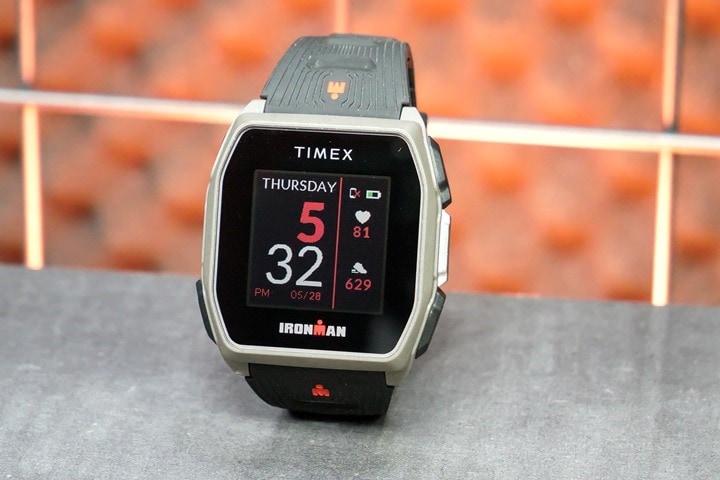
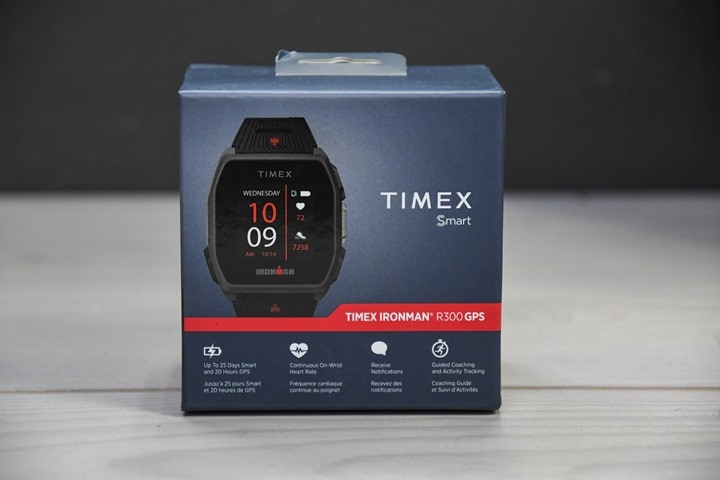
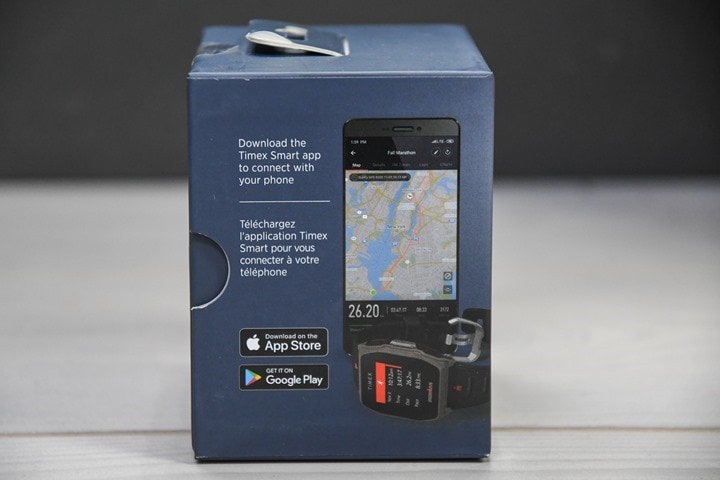
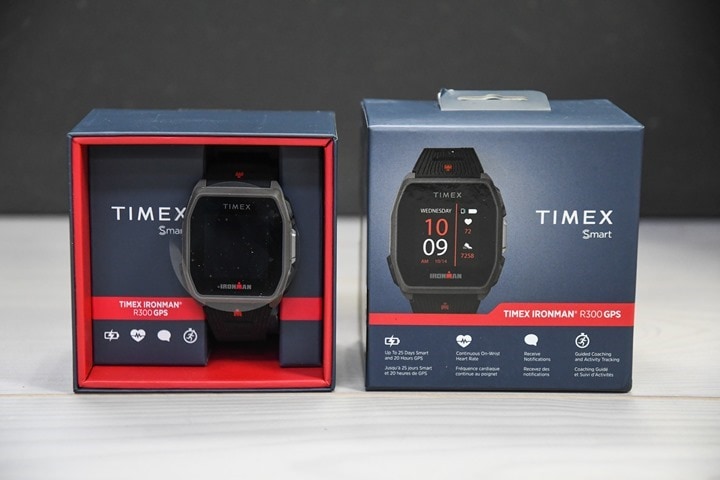
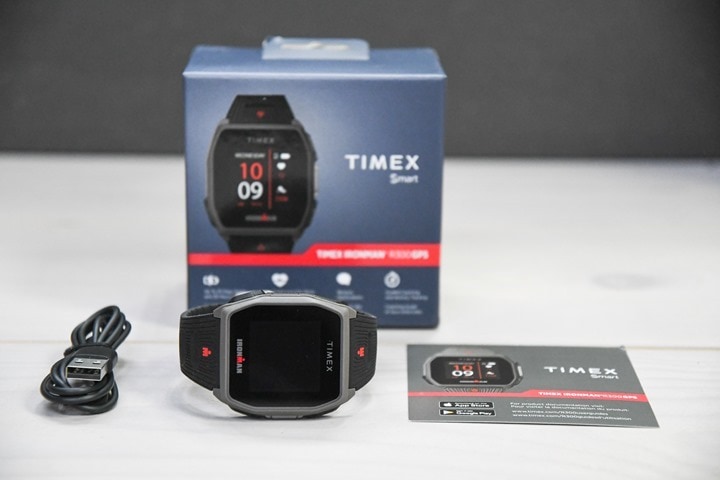
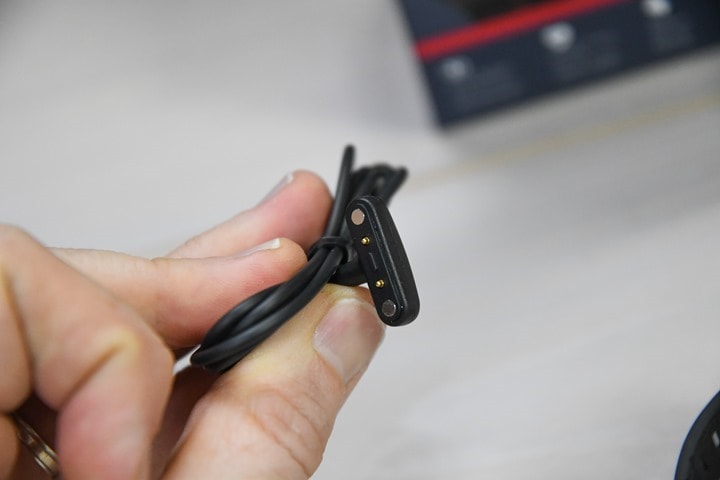
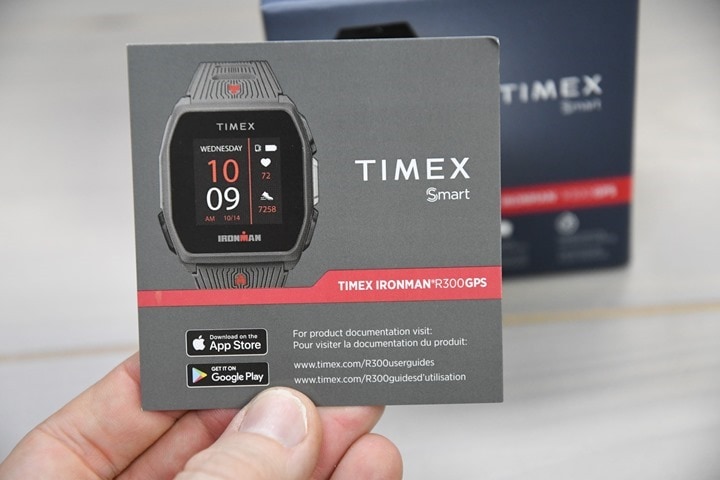
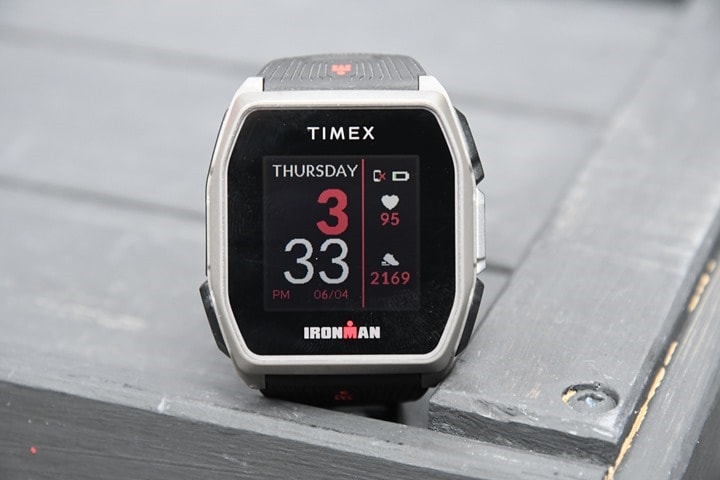
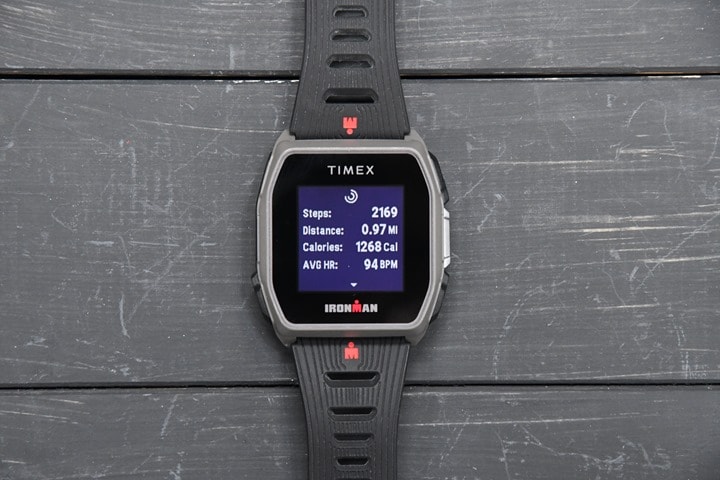
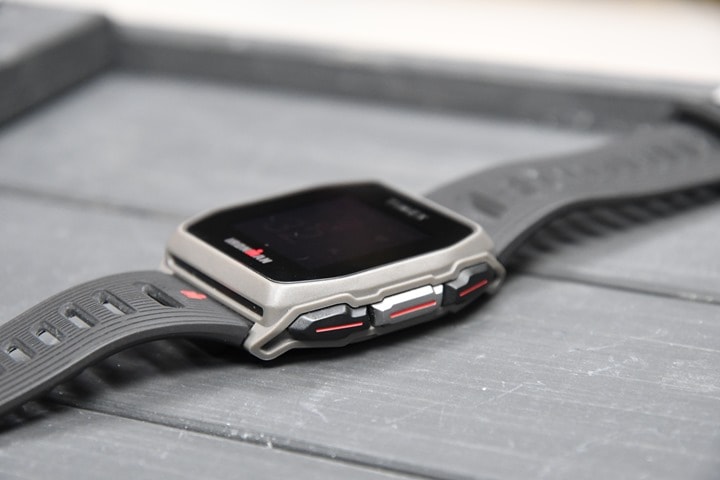
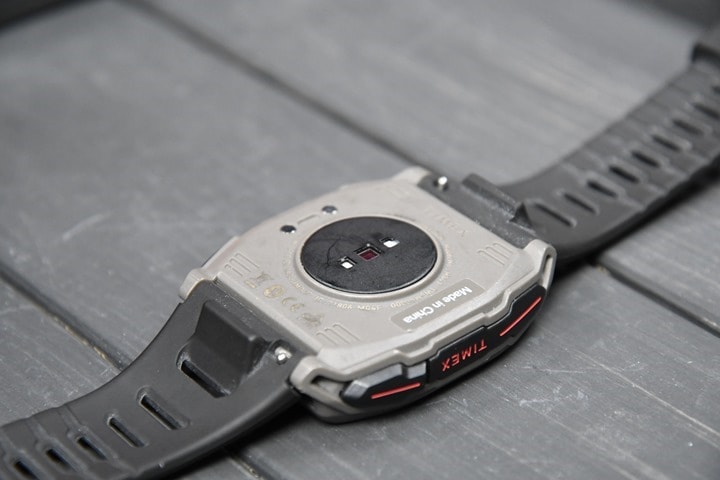
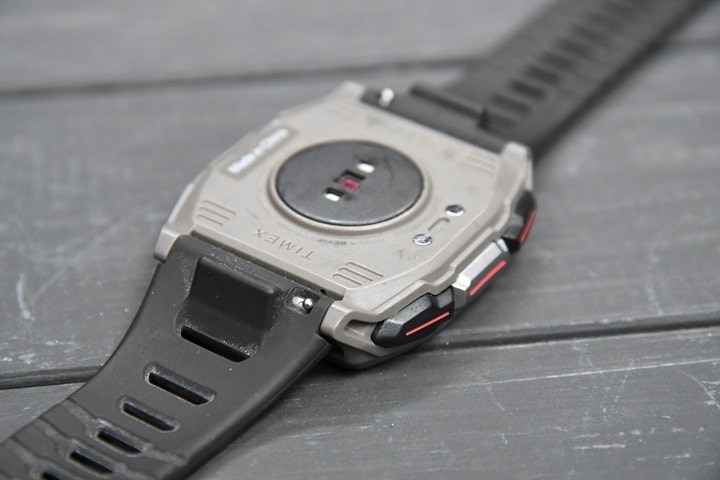
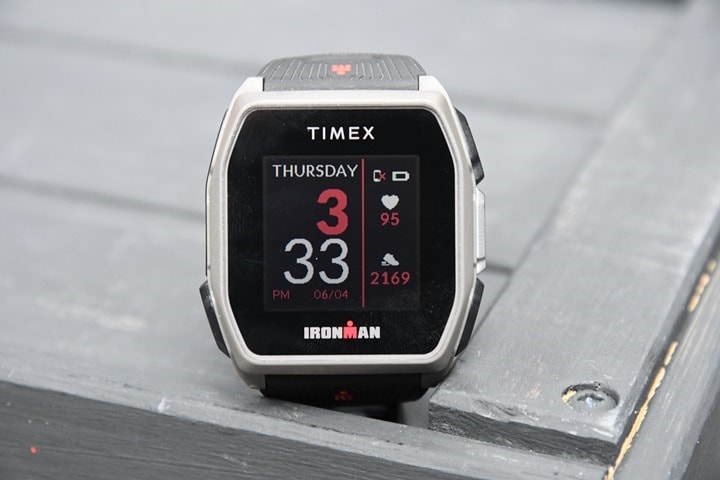
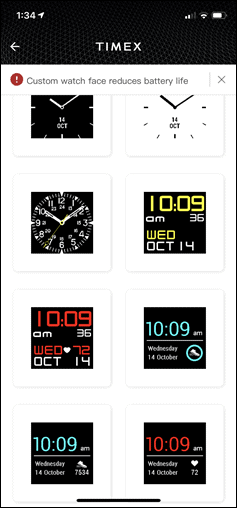
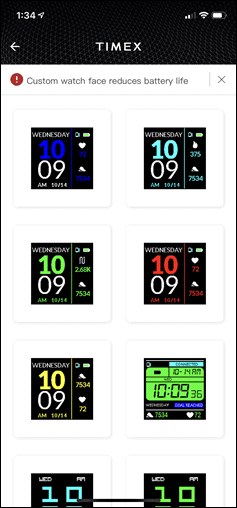
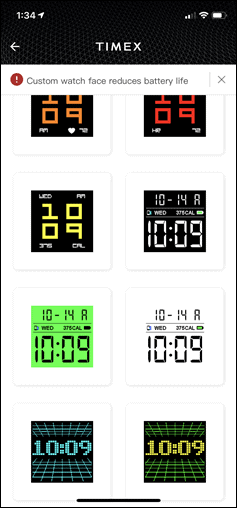
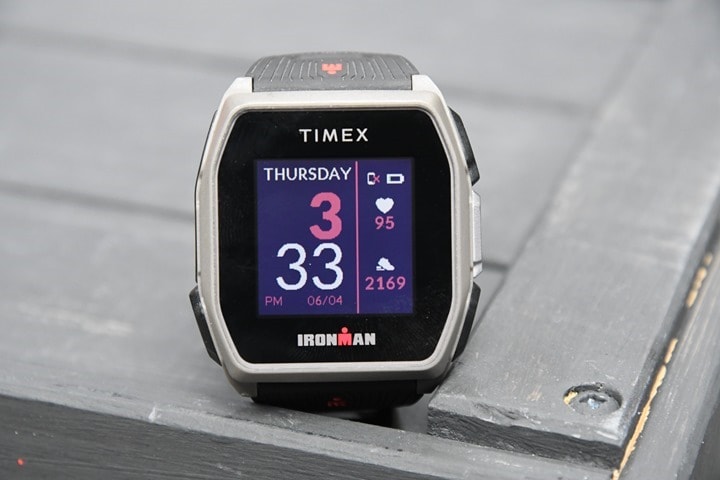
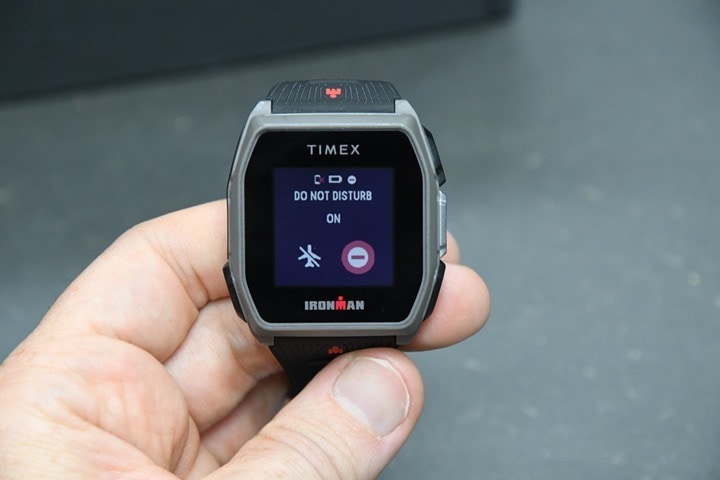
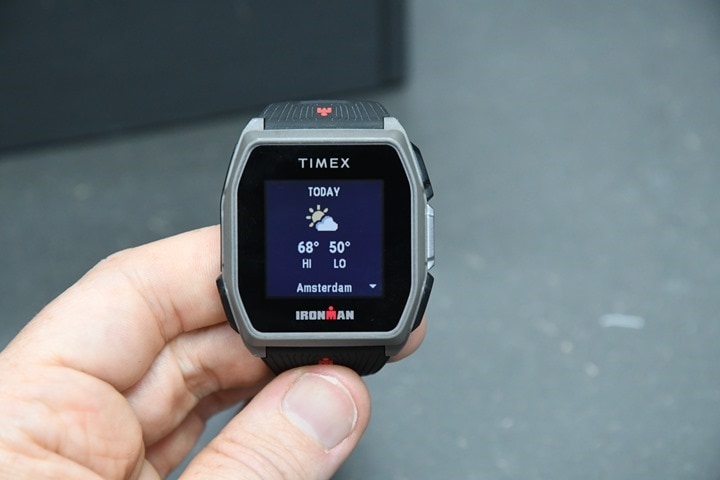
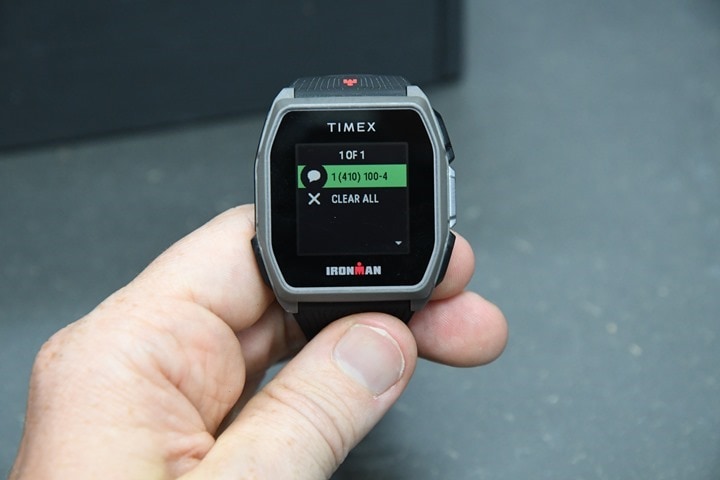
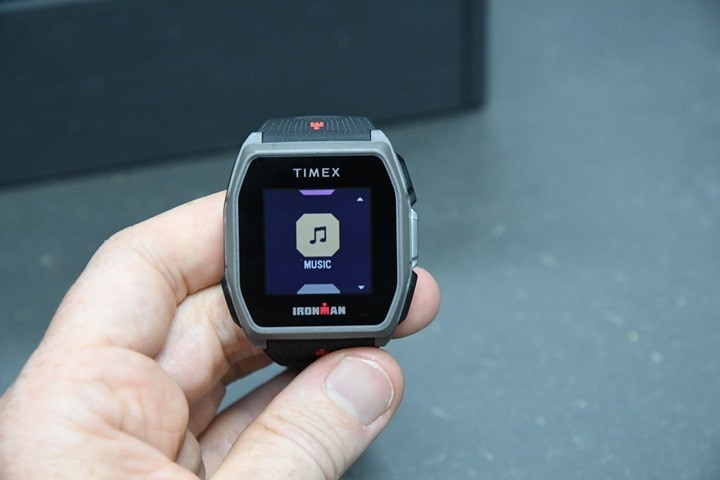
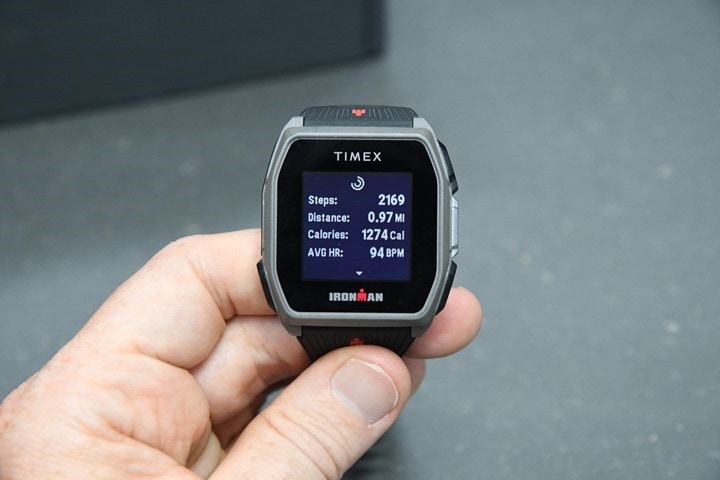
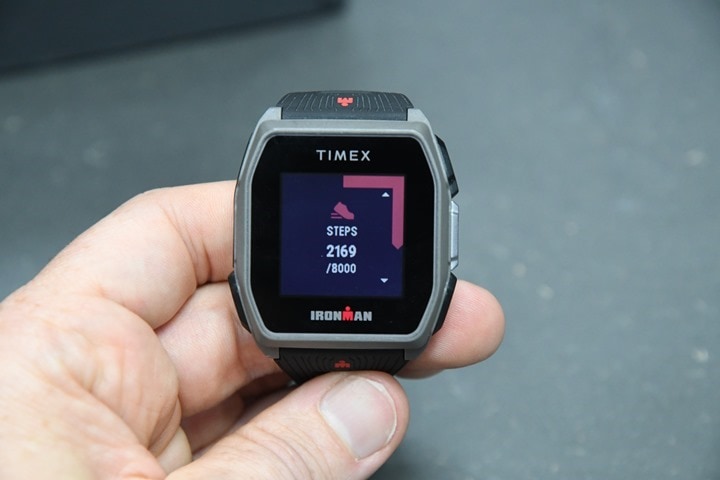
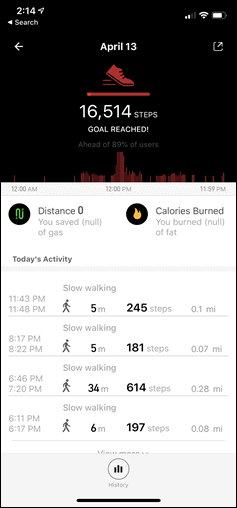
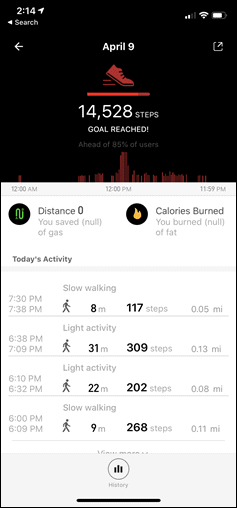
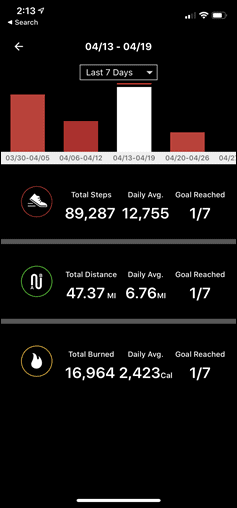
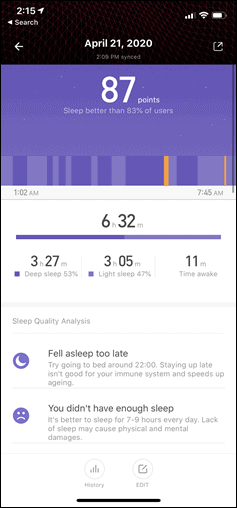
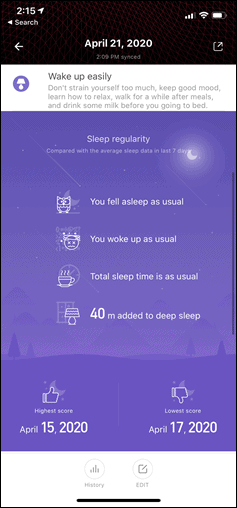
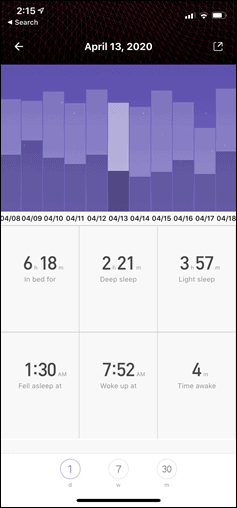
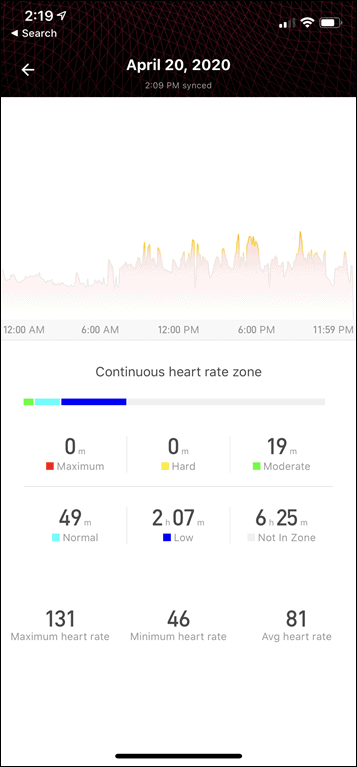
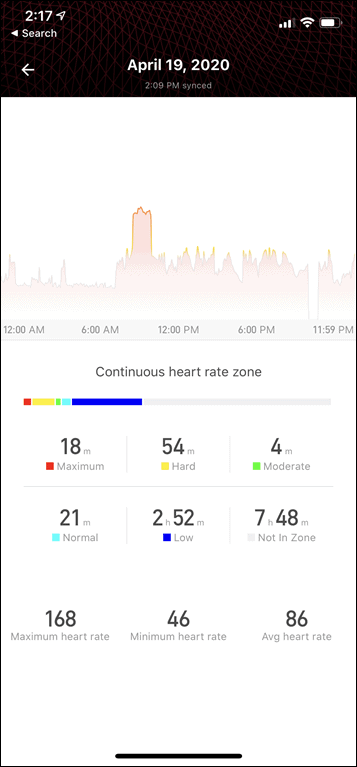
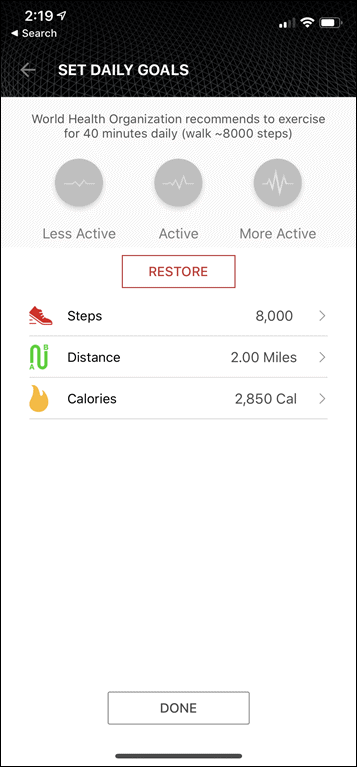
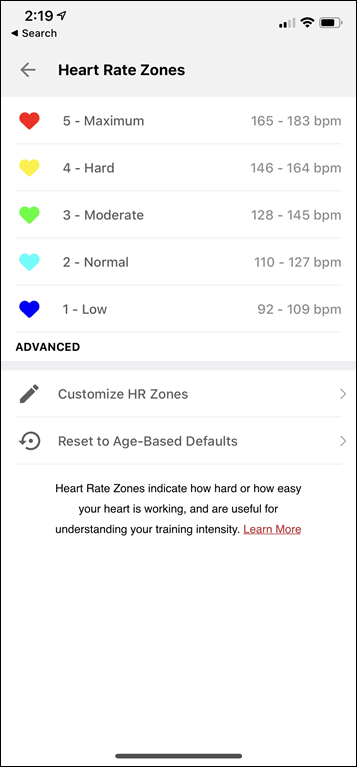
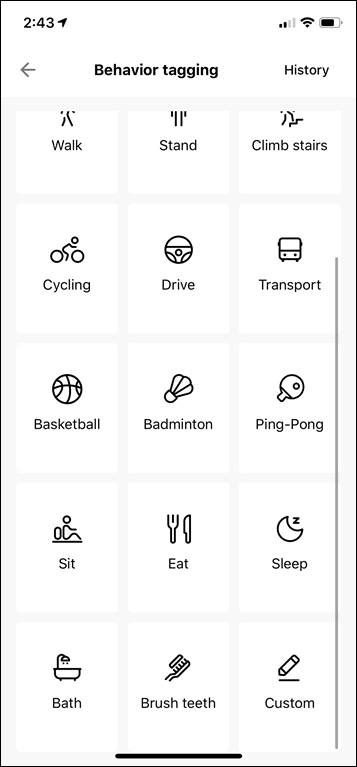
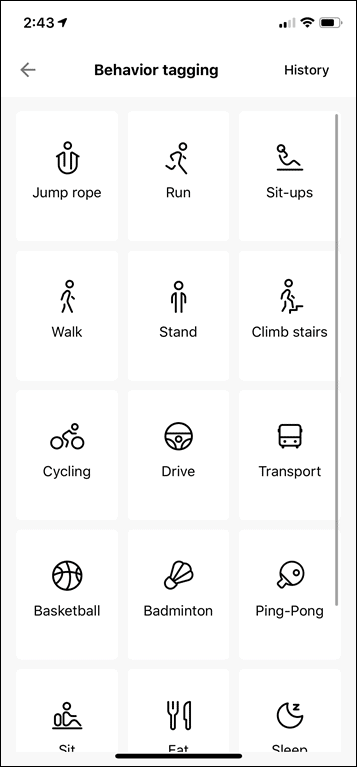
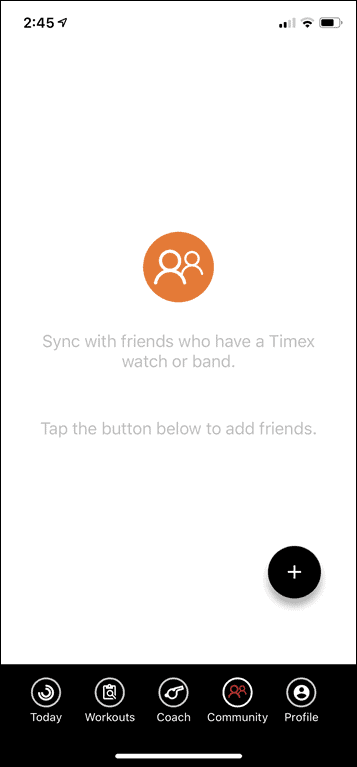
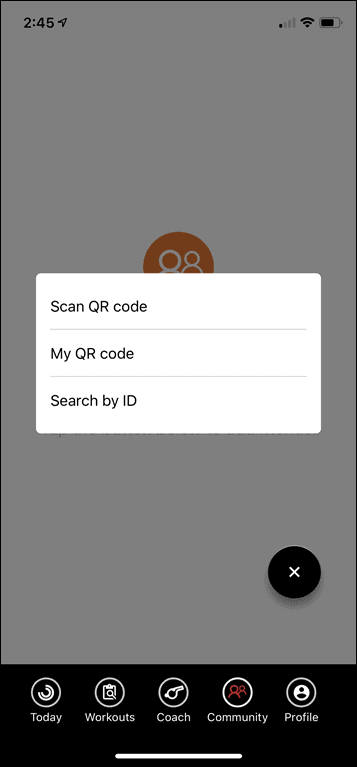
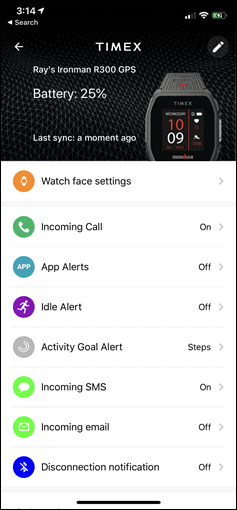
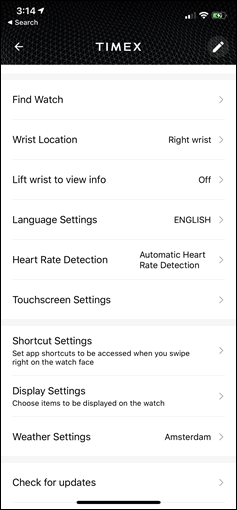
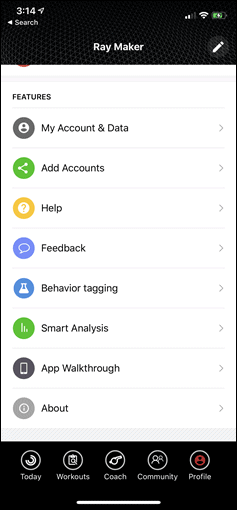
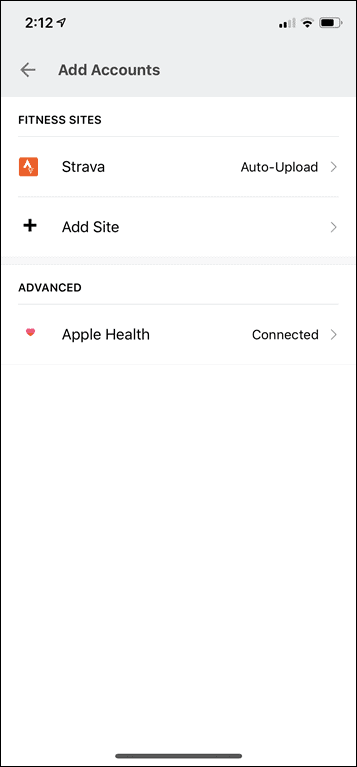
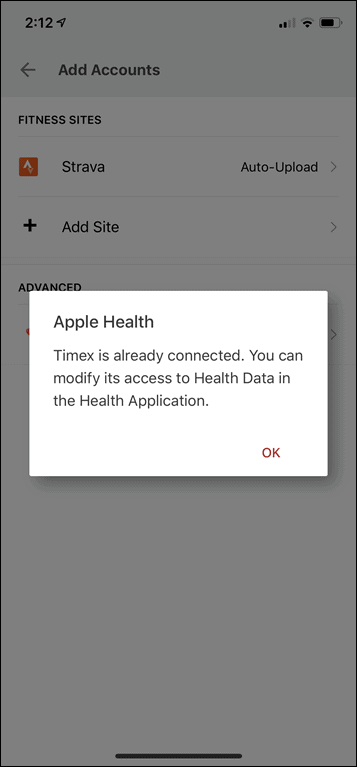

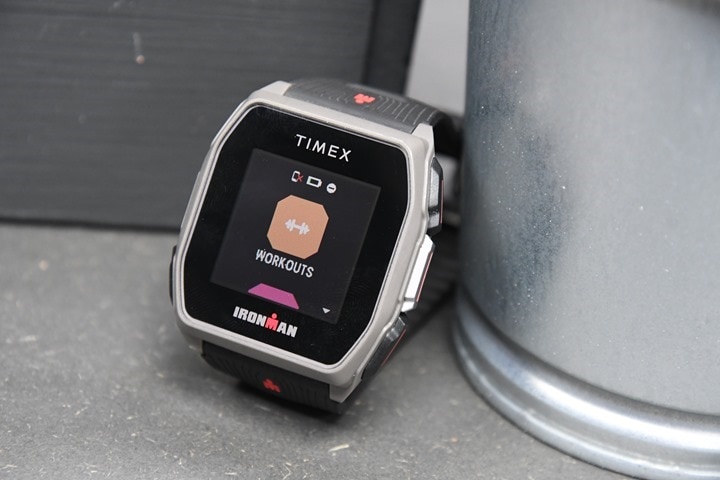
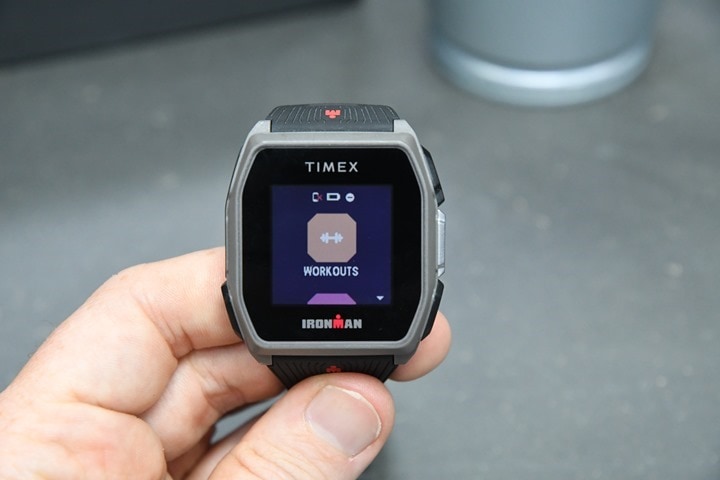
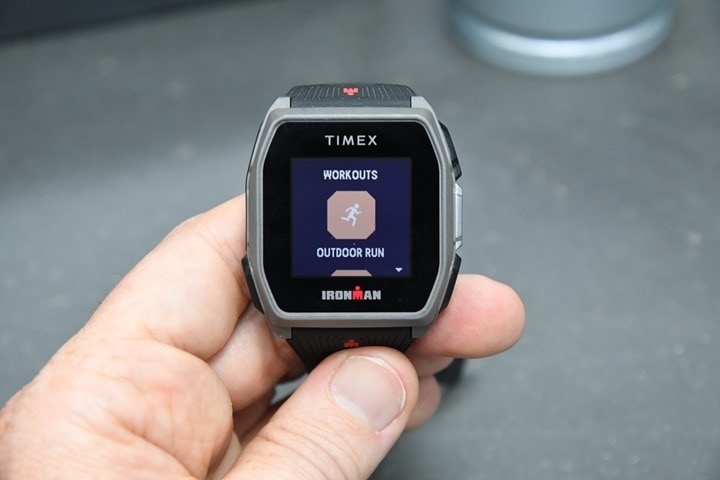
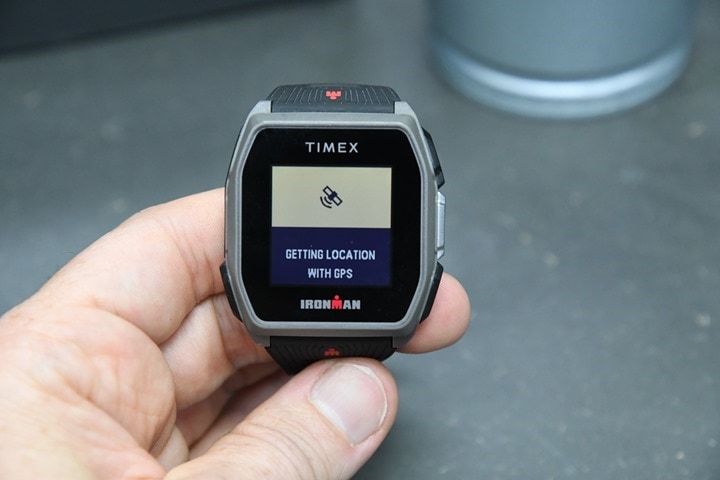
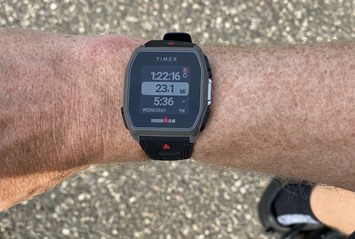
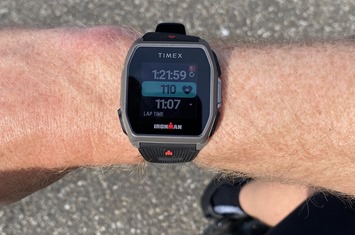
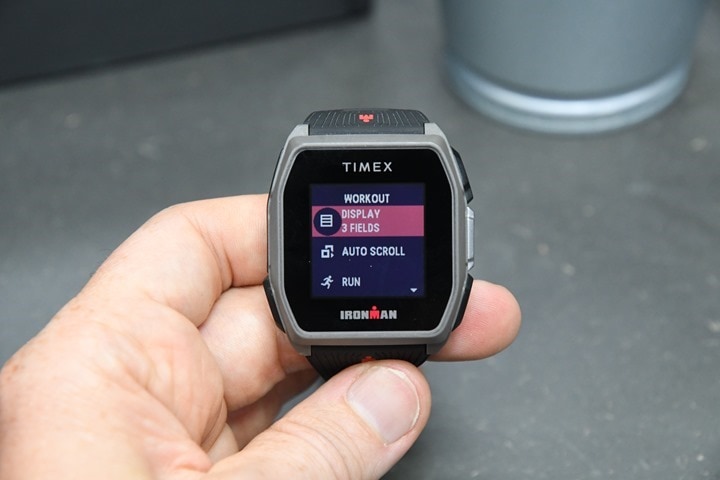
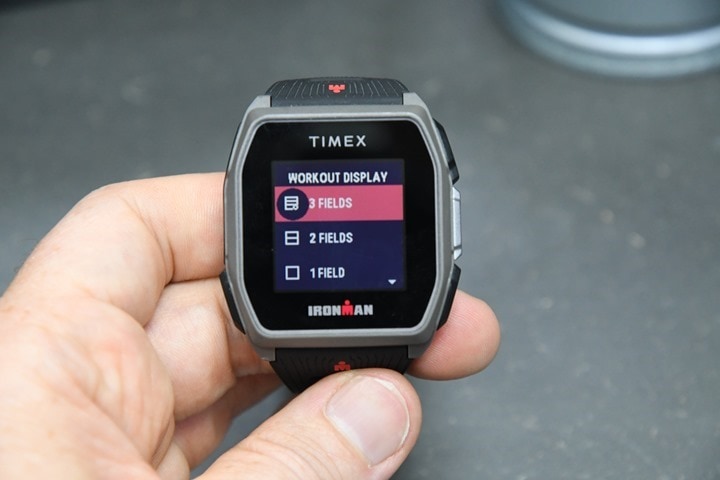
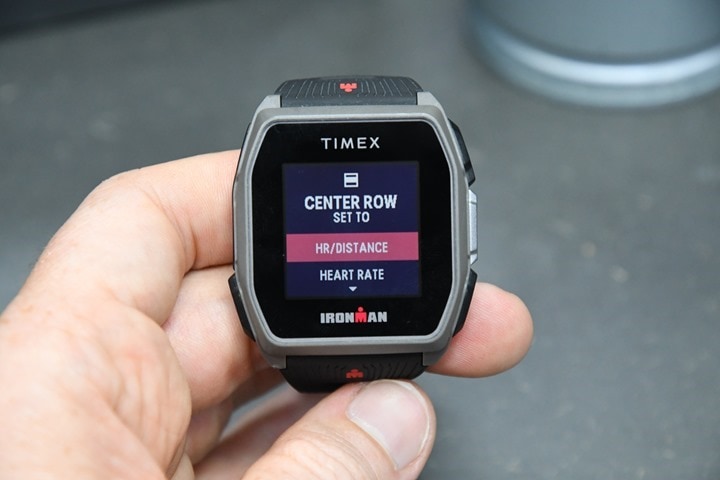
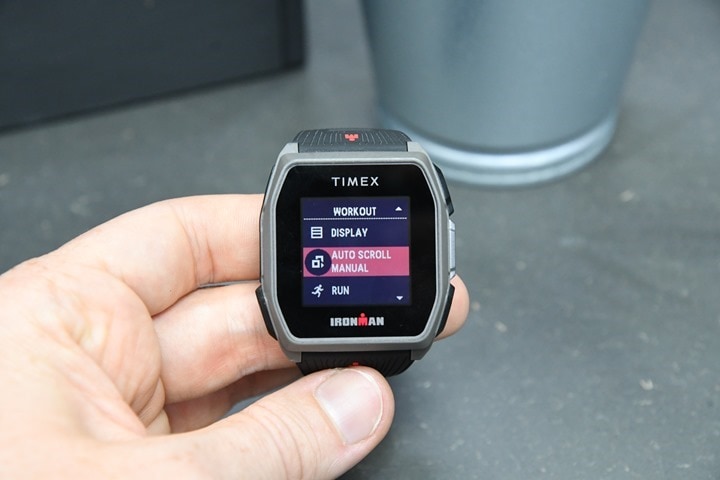
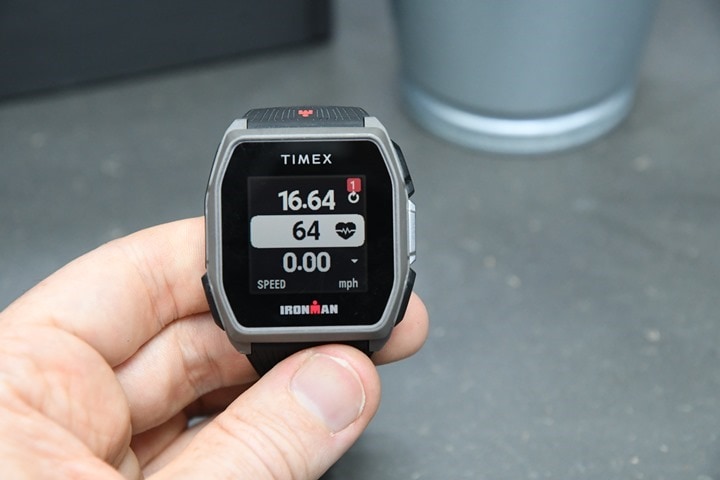
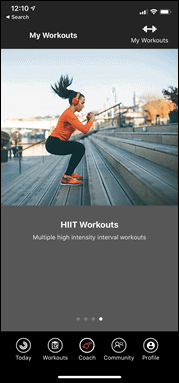
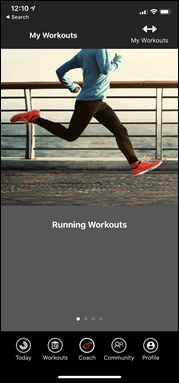
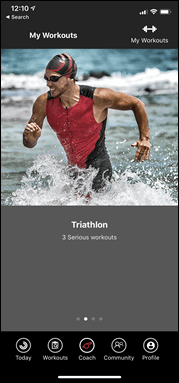
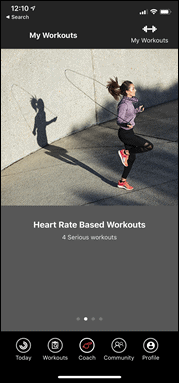
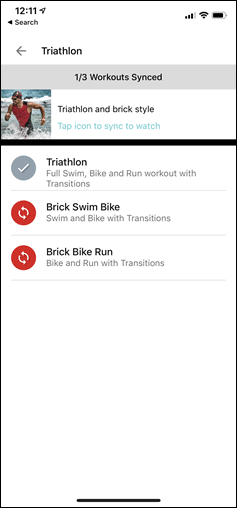
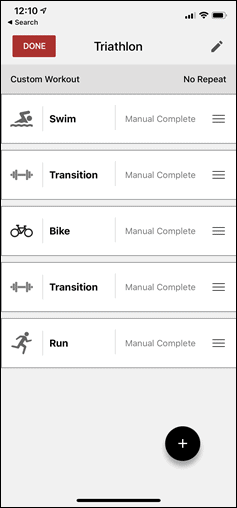
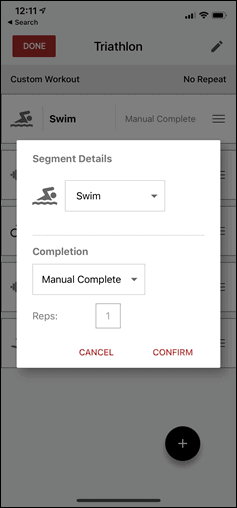
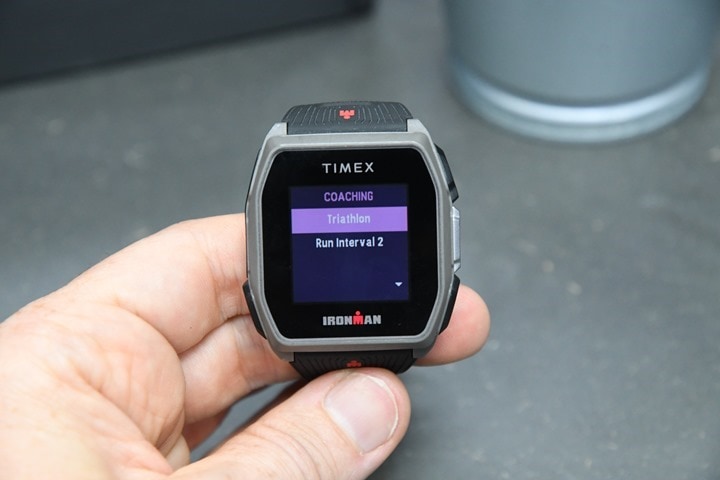
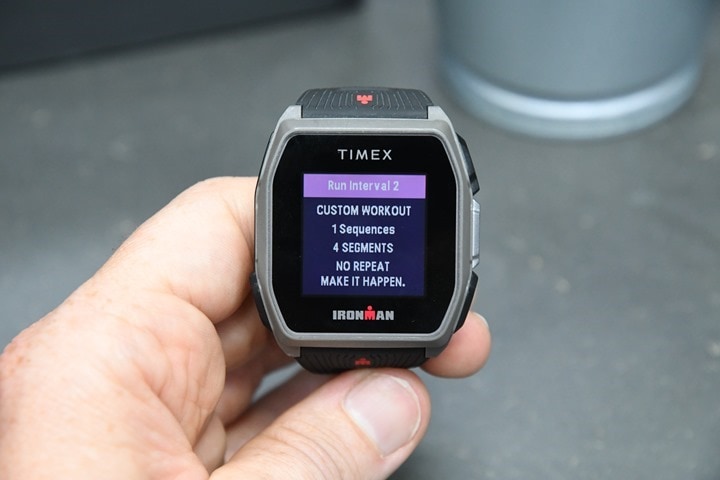
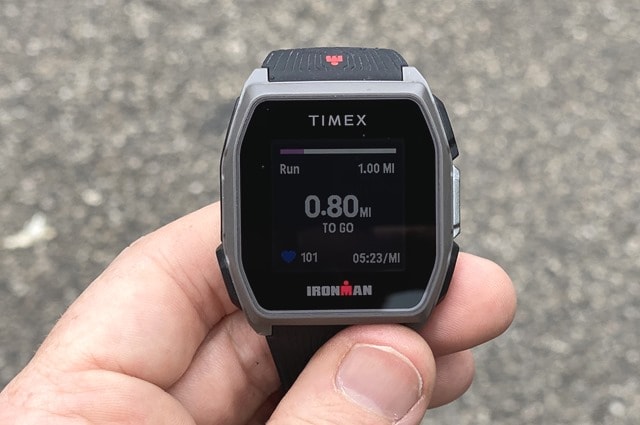
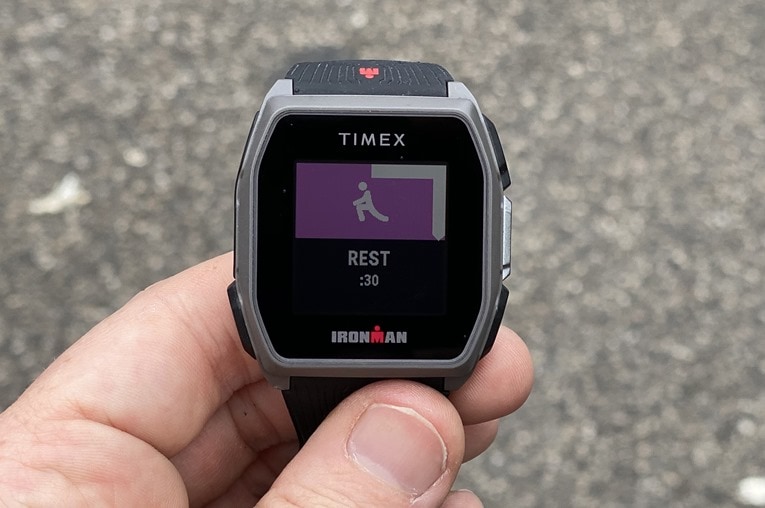
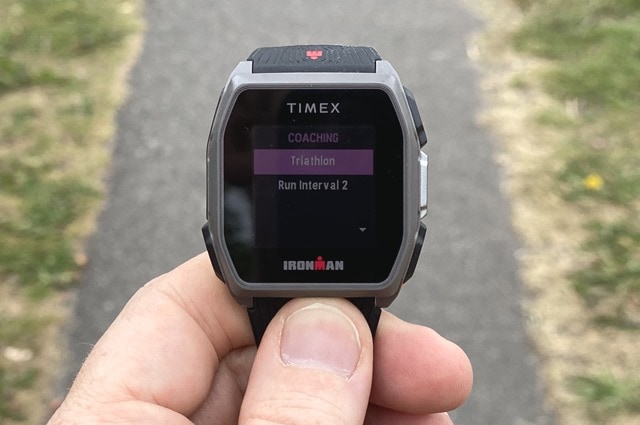
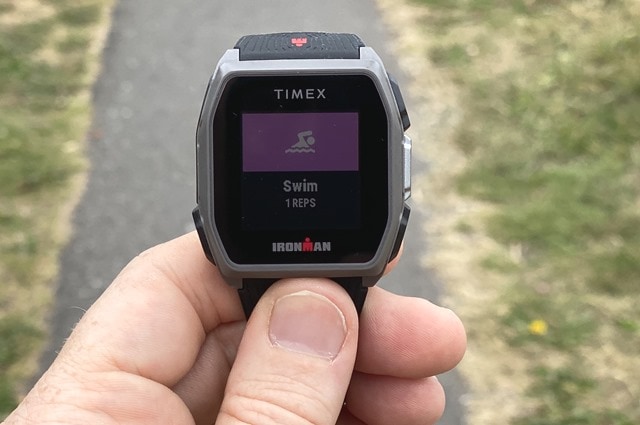
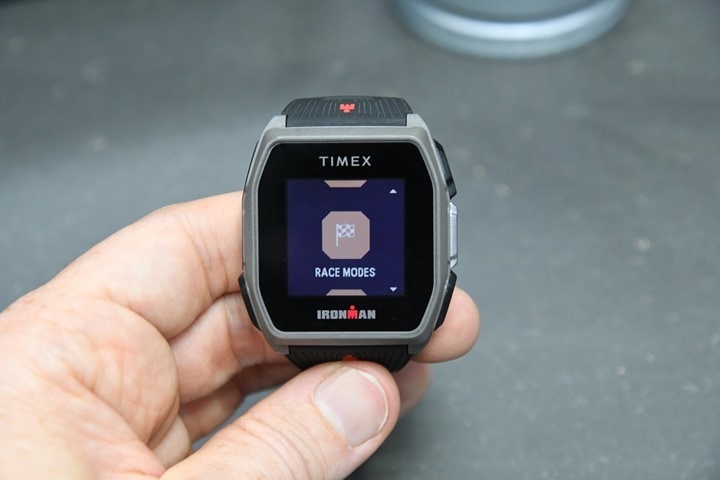
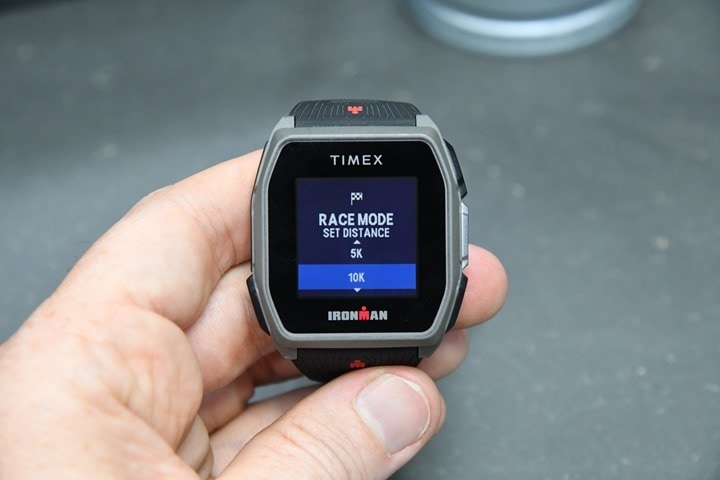
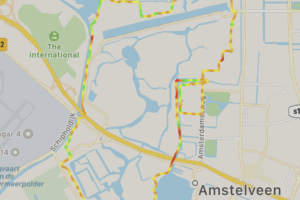
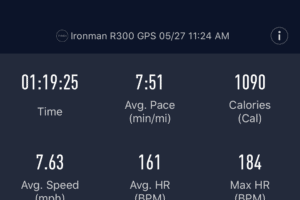
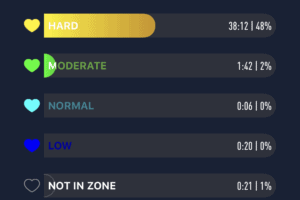
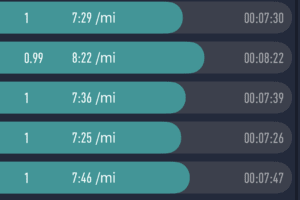
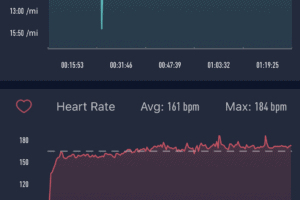
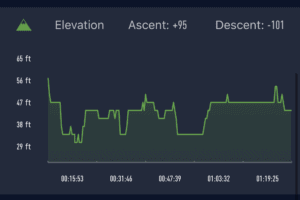
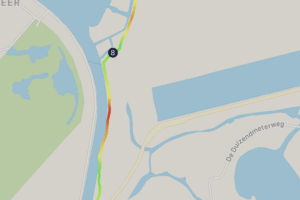
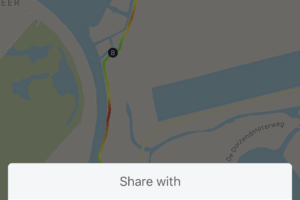
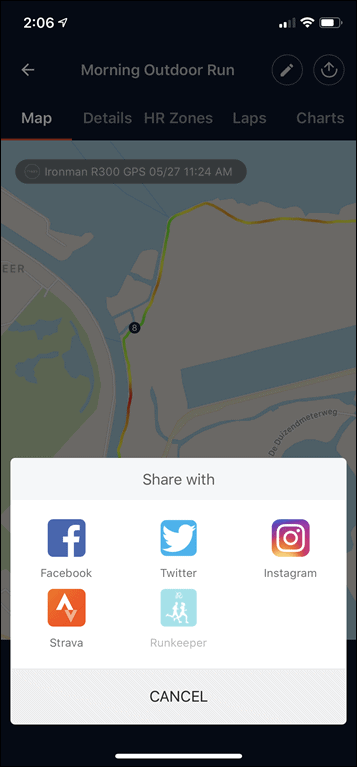
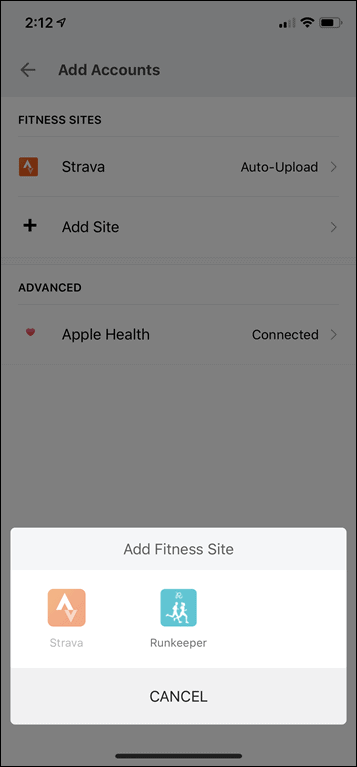
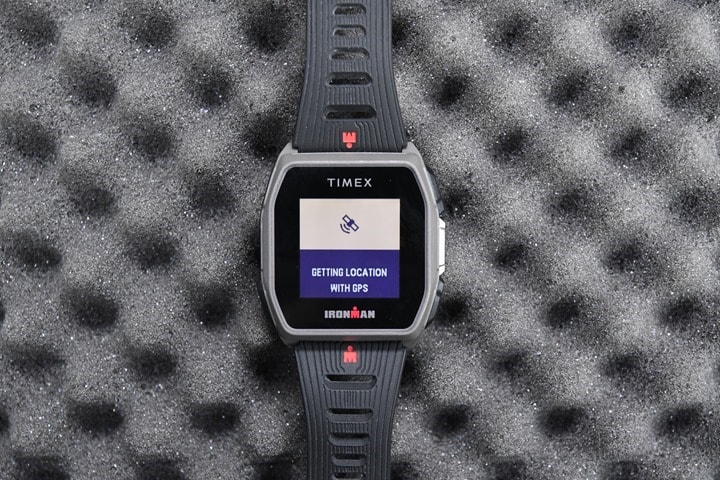
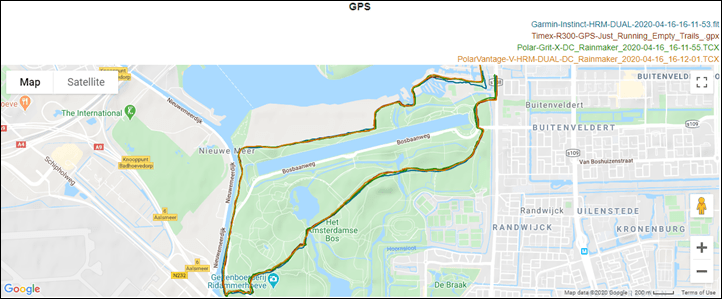
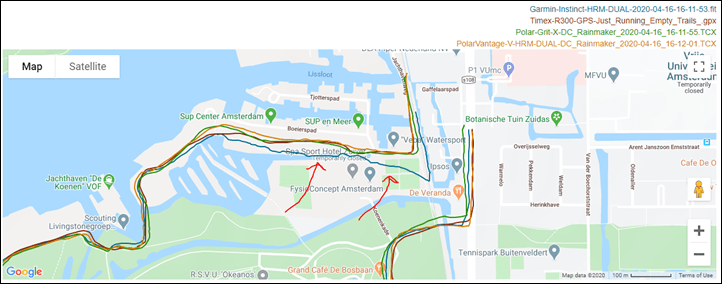
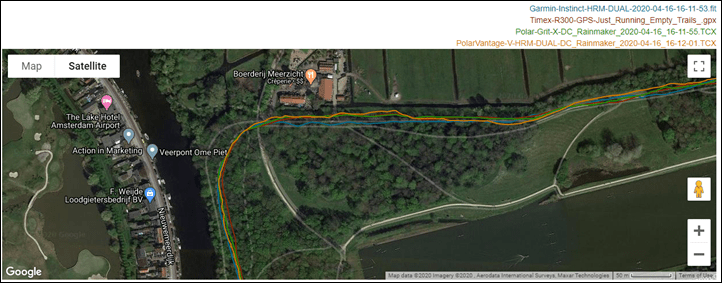
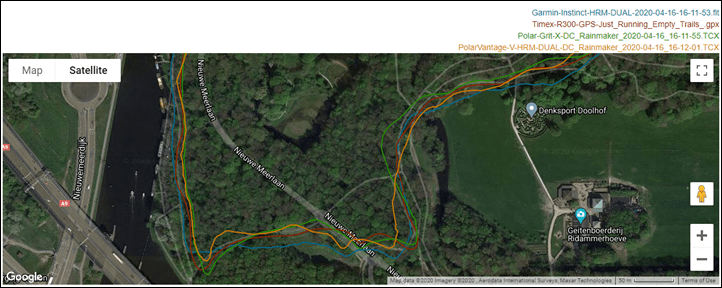
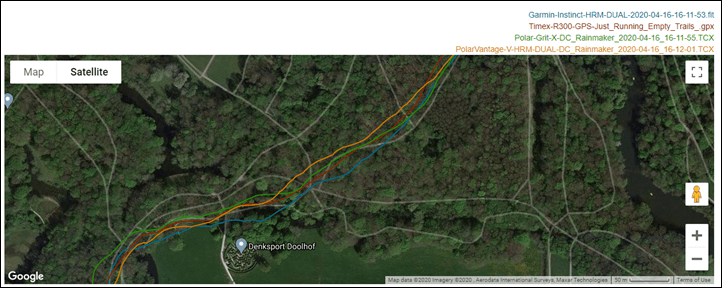
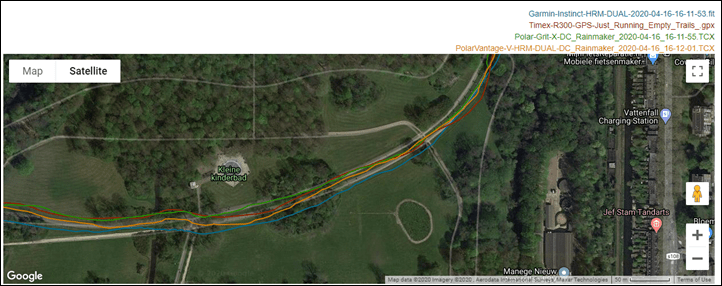

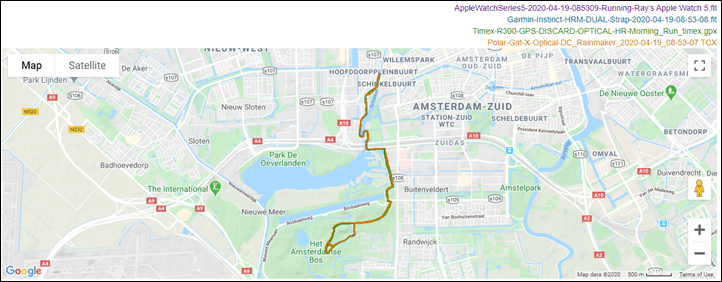
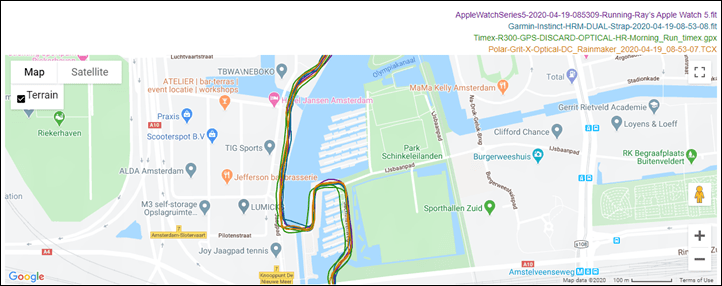
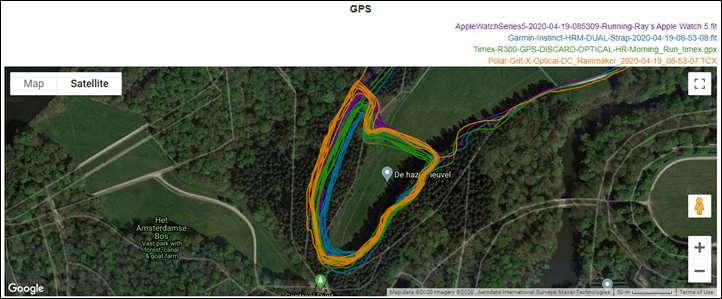
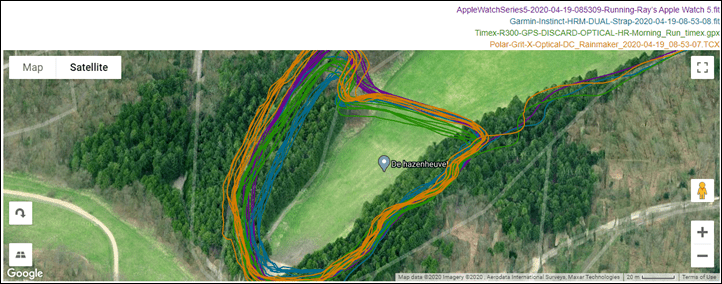

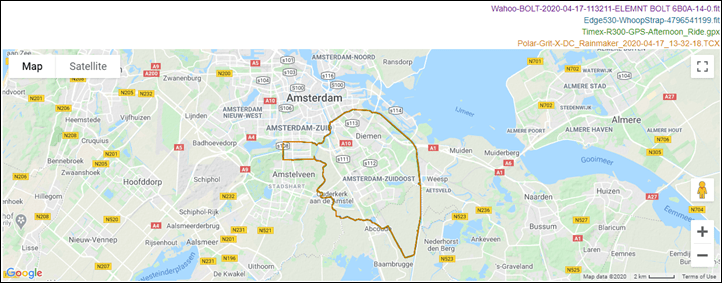
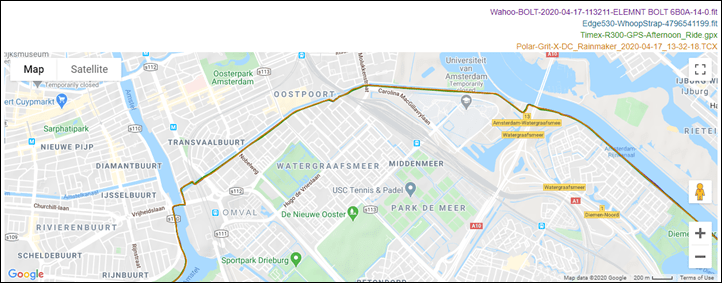
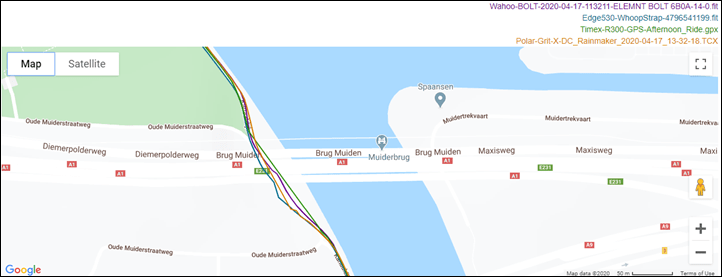
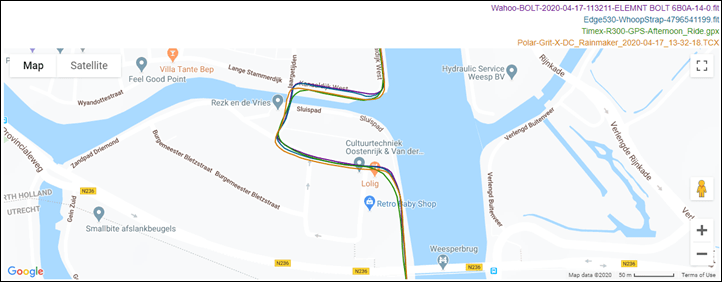




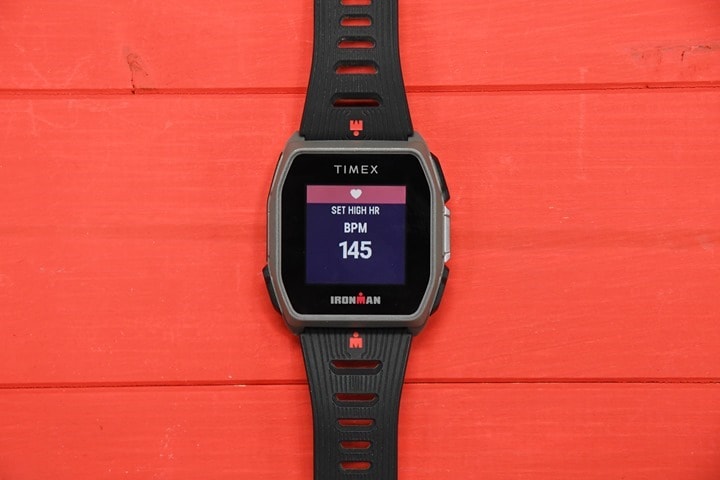












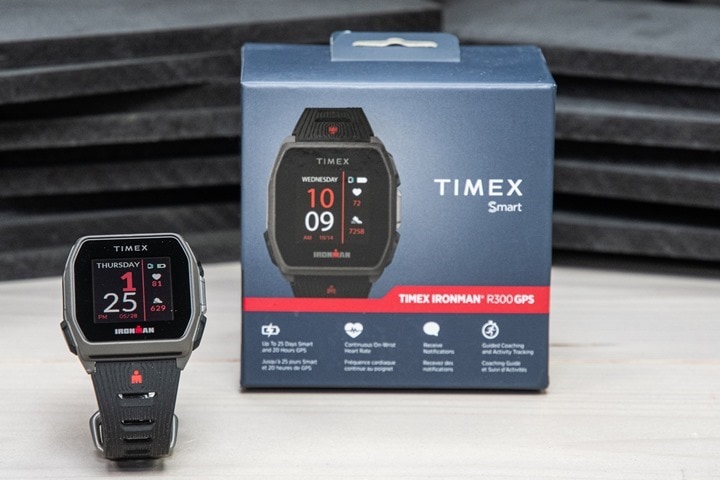
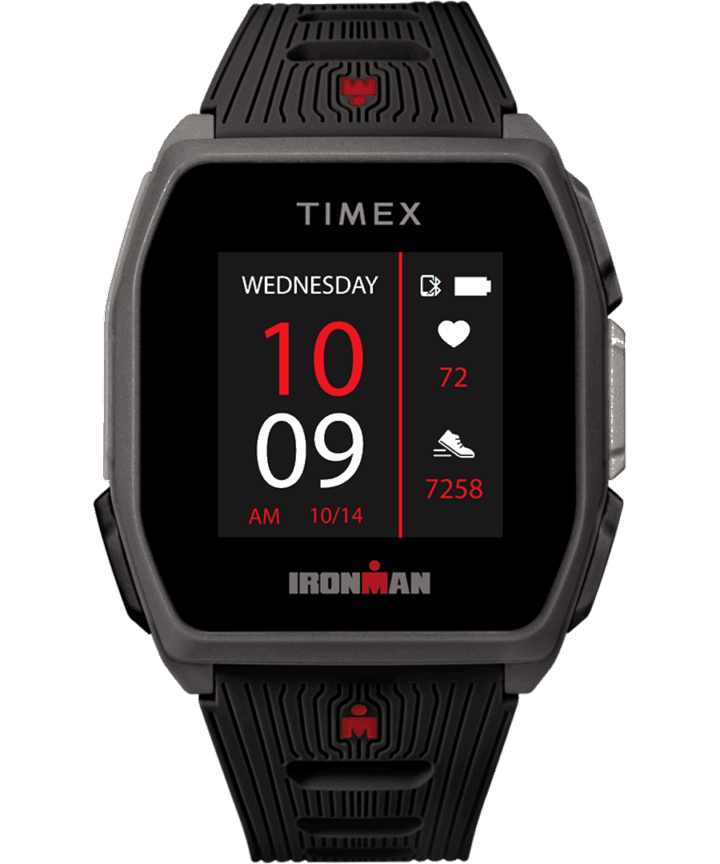
















Thanks for the review Ray.
Where I struggle to recommend watches like this to friends: platform concerns. Yeah, it competes well with new watches – but there are heavily discounted Forerunner 735XTs, 935s, or even super cheap Vivoactive HR and Vivoactive 3 units.
Competition is good, particularly in price as Garmin has been raising prices lately. A refurbished 935 is probably 2.5x the price still. And i don’t know of many watches with a battery life as long as this. Garmin does have a good free site. But there are also similar ones out there and one can import activities from other watches into garmin connect as well. Let’s hope they get to add pool and outdoor swimming at some point.
Yup, I was going to write more about that, and maybe I will.
I find Garmin tends to go in phases on pricing. They slowly creep up, and then someone comes in with a budget product in a given category, and they start to lose sales to it, and eventually Garmin acts and drops prices.
Right now the FR45 is $149 (on sale), and at that price, it’s honestly kinda hard to choose the Timex R300 GPS if you’re a runner. However, once the FR45 is back up at $199 – then it’s much harder to justify the Garmin.
When you look at the VA3 on sale (they’ve floated as low as $116 in recent months) – agree, still hard to justify the R300. But eventually those dry up.
We really are in the end times.
how heavy is it? More or less than 50g?
Good catch, meant to add in a pic. 43g, and photo added to end of unboxing section.
Cheers!
I kinda like the 1980s esthetic.
$129? Amazing bit of kit for $129… Might pickup one just to play around with and have as a backup to my other devices. Sure gives a knock at the door to those who deliver less but charge more in this specific category. Competition is a good thing. Thanks Timex!
Replying to my own post… Just bought the damn thing for $129C… That’s like $96USD. I’ve spent more on HRM straps!
Somewhat ironic since with this device, an HRM strap is useless!
Glad I didn’t have coffee in my mouth when seeing the price at $129.
Totally agree with comparison to FR45: fair competition at $199, but not competitive with 45 temporarily on sale at $149.
Probably an equal comp to FR35. Seems like that inventory is going to remain in the retail wild for years. Both super fugly, but will track your runs so who cares.
There’s a market for this watch. Think a first time 10K’er.
Do they ship to US? Wonder why the price discrepancy vs Amazon US. I don’t buy a lot on Amazon, but anyone know if this is a common occurance?
Generally speaking prices are set per country, so basically when there may be differences there that don’t align to currency fluctuates (or whatever other reasons), you can get differences.
Sometimes there’s duties/taxes that would have to be paid, but that’s rarely the case importing into the US (whereas going the opposite way is usually true).
Seems like the obvious comparison would be to the Amazfit Bip or GTS. What value is Timex adding? Having owned a Bip it looks very similar. The only difference seems to be the additional buttons and visual tweaks to the software.
This seems like a step up in terms of workouts from Amazfit Bip or GTR.
Interval, customized data fields, same no ANT support.
Great article as always. Doesn’t the result justify an in in-depth review of the Amazfit Stratos 3? Waiting for “years” for a review of the Amazfit watches :)
+1, I’ve got an Amazfit Stratos and think it’s a decent effort.
The absence of Amazfit in DC Rainmaker is really quite odd
I might take another look, but honestly, virtually nobody asks for it. Over the last two years, it’s averaged a single comment per month mentioning the word ‘Amazfit’ here.That’s it (seriously, I just looked it up).
Obviously, a few more requests here and there via various social media stuffs. But honestly it’s mostly sound of silence.
I get the feeling it’s one of those reviews I do where people might skim the intro and exit, but really have no intention of caring about what I write in the middle. I like covering emerging products a lot, but I also like covering things people are actually interested in hearing about (even if they ultimately suck). As always, a tough balance – something I try and leverage feedback from folks on deciding (namely, via comments that I index and can quickly skim).
Definitely not saying no – just not sure how the interest ranks.
There are six requests in the comments on this article alone.
Sure, but that more than the entire rest of the year combined.
I’m not saying no. Definitely not. I’m just saying I want it to be time well spent in writing about something some meaningful number of people want to hear about.
I don’t have unlimited time, I wish I did. I try and pick the devices that I think have either the most potential, most interest, or are just super cool. I won’t always get it right, but I don’t think any site can.
We’ve come a long way since the old Timex Speed and Distance running watch with the GPS brick you wore on your shoulder and the separate triangle shaped data recorder you bought separately. That was pretty good equipment back in the day.
I had that! I can still remember seeing the average pace and mileage on the watch at the end of my first run with it, and thinking how amazing the technology was.
I had it, as well! It was both a great system and a frustrating one…I can’t remember, but was there anyway of knowing how much battery life you had left in the sensor? I feel like you didn’t and you had to replace the battery seemingly before every race. Oh, and who can forget when the sensor would just completely lock up and stop transmitting data to the watch. Ha. Great times.
I still have mine.
This watch gave me the nostalgias for the timex Speed and Distance watch. Which reminded me of the weird running watch I had before that with a pedometer thing you wore on your shoe (no GPS). I got it in 2003 or so. The name escapes me and I’m sure the company is long defunct.
Ray, have you ever considered writing an article with the history of running watches? It’s incredible how far we’ve come.
I had one of these back in the day, I thought it was amazing. So amazing that I managed to fall over 3 times in 2 days as I was trying to see what the watch was showing as I ran. I’ve kind of got that whole run/look think figured out now. Mostly.
Ray, any idea why Timex got back in the realm after a few years out? I remember seeing a good number of their sub-$100 Marathon GPS on runners, but then they just kinda just gave up on the market.
We’ve seen competitors come and go, but no one, at least in the US, has been able to really make a difference in market share. It’s basically Garmin at about 99% in the running watch realm from what I can tell. I know you’re not really in the position to say whether or not Timex can do it, but maybe some general thoughts?
Honestly not entirely sure.
I do think there’s a non-zero market for sub-$100 GPS watches. Companies like TomTom (and even Garmin on sale) have proven that. The challenge for TomTom was they never broke into the US market meaningfully (they did do well in Europe however).
With Garmin, they’ve obviously got no good reason to price that low since they’re selling like hotcakes at higher prices.
If this paired to an external HRM and power meter, I’d snap one up in a minute :-(
I’m wondering if you can connect in to an edge 520+. It would make sure in never have to look for my hr strap anymore.
Sorta.
The Timex R300 can re-broadcast your heart rate over BLE, but only if you’re out of range from your phone. That’s because it only supports one concurrent connection. As such, practically that’s not super useful since most of us aren’t always out of range of our phone while also nearby a device that needs that BT signal (like…our phone). :-/
And of course, turning on airplane mode on either device defeats said purpose.
Nice review!
Good that I can tag my behavior and send it to China – perhaps that explains the price point too? And what happens if I run too close to an Uyghur restaurant during training and apply for Chinese visa later? ;)
I have used nearly every Timex GPS watch. From the Arm band GPS unit to the cellular fiasco. I’ve had the same problems with everyone. 1) they were consistently short. Like on every run. Also they had a strange ways of doing auto laps. They would record not based on the lap button but on the miles. For example. You set the auto lap for 1 mile. You run 1/2 mile and hit the button. The lap would go off at 1 mile not 1.5 miles. Meaning the lap was .5 miles not 1.
This looks interesting though.
Hi Ray,
Off topic but I’ve noticed the Instinct crop up a couple of times in your content in the last week or so (both this post and Instagram). Is there any reason for this (that you can comment on) or did you just happen to pick it out again?
Cheers
I had pulled it out to compare a few recent watches on, notably the Polar Grit X and the Casio – since both of them compete together. So once it found itself in my ‘actually charged and updated’ rotation, it did double-duty on various other tasks.
Right now it’s back to sitting discharged in a pile under my desk. As I dig more deeply into the Casio it’ll find itself on more trips though.
And there was me hoping for some super secret new features!
I was super excited about this watch, I currently have a Samsung Gear Sport and I do like it as a watch but I hate it as a workout watch. It does not really let me do a custom workout and it is impossible to get to a simple stopwatch quickly without having to look at the screen which when starting a race or workout I would like to be able to do. That brings me to when this watch was coming out and I was super excited about it but ultimately I was super disappointed. I ordered it hoping that it would be a streamlined Timex Ironman watch without the extra fluff of many other smart watches. What I really wanted was a watch like this
link to amazon.com
with GPS, bluetooth, heart rate monitor and maybe custom workouts but if I just had interval times I would be happy.
The color touchscreen felt cheap, small and honestly just not needed. The Timex watches in the past have been fantastic with using the buttons efficiently to get to screen you wanted and just go, this one felt laggy when I went from one screen to the next. Having the touchscreen there as an option just made the process worse. I ended up returning the watch saying something very similar to this and I hope maybe in the future and I will get my wish and get a true Ironman watch with heartrate monitor and gps. For
Interesting watch. It pays my attention the “Virtual Partner” feature. Although limited, it is not a common feature in the sport watches (not available at Polar or Suunto). If you want it from Garmin, definitely you must buy the higher end watches.
I am curious to compare against Sigma watches, for sure they compete in the same price range also
Thank you for the review, Ray.
Just curious, can we have lap time, lap pace and lap distance in the display screen? Would be challenging without those for intervals.
Is it easy to read the watch in direct sunlight? I have have a Fitbit Charge 3 which I can barely see on afternoon bike rides and I wear my Charge 2 on my other wrist so I can view my heart rate.
Thank you for the in depth review.
Super easy. Somewhat astoundingly, until yesterday, we’ve had like three straight months of bright sunny days.
We’re making up for it yesterday and today.
I bought one direct from Timex the day it was released and returned it the next day. Timex has serious fundamental issues in terms of tiny displays with limited functionality. I probably own more Timex watches than anybody on this forum. and I’ve seen nothing but big reliability issues over the recent years in terms of quality. my last one didn’t last 4 months. They languish in terms of design and styling. This watch is no different.
I’m curious though, if you returned it the day after you bought it, what specifically was wrong with it?
Slammed the watch, but gave no reason why. SMH.
Timex Run Trainer was my first GPS running watch. But this Timex GPS watch is different. Also does not use the Timex Device Agent. But I had good memories of my Timex RT :)
This watch is really affordable for beginner runners and comes with GPS + HR. Really fantastic.
Why you hating on Indiglo???
Because the world wants to actually see what the time is. ;)
Thank you, fellow Indiglo fan!
Ray…
Thanks for another terrific review. This seems like a really interesting device at an unbelievable price point and performance. As others have mentioned, this would be fun to play with and useful as a backup. it’s just a few features away from replacing my Garmin…
Hey Ray,
Great extensive review. I have been eyeing the newish stratos 3 from amazfit for a while and I would love to see an extensive review like this for that watch as well.
I owned the previous one for a few years and recently switch to a Suunto 7. Kinda disappointed by the battery life and lack of sleep tracking on wear os.
I can’t really find in depth reviews for the stratos 3. It would be great if you could review that.
Thanks,
Tanmay
OK so it’s not for swimming, but what if you set it up for a run, and went for an open water swim? would it work? would it map the swim well enough to know how far one had swum in the open water?
you do say it’s waterproof!
Unless a watch has specific openwater swim logic (so it knows how to handle losing GPS reception constantly while your arm is underwater), then it’d be pretty bad.
I didn’t take it openwater swimming.
Tracking open water swims on a watch without the proper algorithm, the Garmin vivoactive 3 for example (via connect iq app triathlon), leads to such a zigzag mess that total distance is unusable. I now use the VA3 on indoor swim mode while swimming outside to get stroke rate, so there’s that at least…
If you just want distance after the fact then stick it under your cap or on a tow float.
That would be an interesting comparison. I have the GTS and the new bip S, both support swimming and are lighter than this. This Timex looks to have a better interface than the bip S and more buttons than both. From what I can figure out this is the same watch as the amazfit Ares.
Questions..
Amazfit devices sync to Google fit, does this?
Can Timex users be friends with mi band and and amazfit users and see what time their buddies went to bed?
Is this display the same as on the bip s ? Bip s display is hard to see, darker I think than the original bip.
I haven’t loaded the app on Android, I can ask Timex though.
I’m not sure on cross-over of friends between platforms. If someone has a Amazfit userID, I can see if I can add it in the Timex app (you can simply respond to me directly via e-mail with my first name at my domain name).
Huh! Yup, Amazfit Ares twin, it seems. But this device is not in the US Amazon store. Where is it available? I don’t need this, but I’m curious to try it out. I’m rocking a 920XT, which works fine except (occasionally) after USB connection, it loses it ability to save more than one activity. Alzheimer’s I guess. So, what does that make Garmin watch years = human years? About 20:1? After the 1st year, still rocking at 20 y/o. Performance dropping off at 2 years/40 y/o. Problems cropping up at 3 years/ 60 y/o. Geriatric troubles at 4 years / 80 y/o. Virtually none still chugging along at 5 years / 100 y/o. That sounds about right…
1. Brush Teeth, why does my jack of all trades Garmin not track that?
2. Finally a great DCR Amazfit review. Hopefully it influences Huami to add in the missing pieces.
3. Good to see that Amazfit finally supports Strava, hopefully Huawei follows suit.
4. Can we expect to see reviews of the Firstbeat supporting Amazfit Ares or Mi Watch? Or perhaps the even cheaper Amazfit Bip.
A typo in the HR sensor section:
“So ultimately, I’m very impressed with the Timex R300’s GPS.”
Another comment on the GPS seems out of place in the HR section.
Good catch, thanks!
I need to get back into exercising on the cheap. Go with the Timex or forerunner 645 at $230 or spend more? I’ll be ordering tomorrow…
Chris, get the 645!
OK. Thanks.
No problem. Glad to help.
I wonder if the Timex R300 and the upcoming Amazfit Ares have a lot in common.
Some minor similarities – notably charger port layout, button layout. However, from the limited menu photos I can find, they seem to be substantially different. As does the optical HR sensor.
Obviously, both can be changeable and still have the same underlying core.
I’d get this watch now if it has the capability to be a golf GPS?
I’d get this watch now if it has the capability to be a golf GPS?
It’s a shame, they’ve basically copied this watch from what I can tell and ripped out the 4 firstbeat features
link to firstbeat.com
They didn’t copy it, the same company makes that watch made it for them. Also this watch was released way before that one.
Welcome back Timex. Now let’s get a Smart G Shock!
Great review.
Minor mistake: „ So ultimately, I’m very impressed with the Timex R300’s GPS.“ should be at the end of this section.
Thanks!
Full marks to Timex for bring this to market and for a first release it appears to work as advertised and could fulfil the needs of many.
Having personally got through 4 Garmin Fenix’s that all consistently failed to work as advertised and suffered from terminal charging contact pin corrosion, I am in the market for a relatively low cost device. The advantage of this Timex and the Amazfit T-Rex and Ares (amongst others) is that they offer a great deal for a fraction of the cost of a device like a Fenix. At the price that they are, they are almost disposable on a 2 to 3 year cycle and then the technology will have jumped so far that it is a better long term value and technology adoption proposition to spend less but buy every couple of years with these type of device.
Also, where as the cost of this Timex is not far off that of a basic highly discounted Garmin device, I think these new devices have a future of getting better and better as opposed to being lower end devices that are feature and capability capped to justify the increase in purchase price of the more expensive devices.
In addition it is interesting to see that Amazfit appear to be open to 3rd party development and that could lift these devices into another level.
@ray I do hope you will find time to test some of the more interesting Amazfit devices such as the T-rex and Ares?
Can anyone here tell me if the R300 works with Runtastic?
There’s currently no link to it. :(
I’m going to whine about the watchface format: Would it be possible to right-justify the time? On my FR 645, that would be a whole centimeter. With my winter jacket on, it is surprising how easy it is to read the useless right side of the watchface while viewing the left side takes several more steps, like setting down items in my right hand. And I haven’t seen any optional watchfaces that do what I want. Even if they did, most look like they were designed before Windows 3.
No one else has mentioned this, so I can tell that this comment won’t get much traction. Just ignore me; everything will be fine. But I just don’t understand: do designers live in California, or does everyone wear their watch on their right arm?
Great suggestion.
It would also be nice if American running/cycling/outdoor companies would take a queue from a few of their European counterparts (like Raidlight) and have a small clear plastic piece built into the sleeve of a jacket so you could see your watch without having to hike the jacket sleeve up in the cold/wind/rain.
Does this watch has anything to do with the former « Pebble » smartwatches ?
The UI looks identical and the screen seems to use the same e-ink tech. I know pebble was bought by Fitbit but a lot of former features were opensourced or developed by fans of the watch. Anyway the watchfaces are shockingly close from what I had on my Pebble Time. Does anyone know if there is some sort of connection between the companies ?
Any ideas why the location doesn’t seem precise. I live in Boulder City, NV and the watch picks Sunrise Manor as my location for weather and that’s like 40 miles away. If I enter my city manually it doesn’t come up and in fact there are only like 7 locations available in all of Nevada. Is this because those are the only weather locations it can access?
Thanks for the honest in depth review.
I’ve seen this watch in stores and simply put I can’t think of any serious runner that would purchase this over a garmin.
The look is too retro and given the checkered at best past of Times with GPS watches I don’t think this will have me ch staying power.
Finally what make Garmin the industry leader is the make platforms not one offs…I can drive any Garnin watch and it feels like my Fenix6
Any serious runner? I guess it’s all in your definition of serious, but for me, this watch clicks the few boxes that I have. This is a straight forward, relatively no frills running watch. Garmin, to me, loads a lot of their watches with a bunch of features that I’ll never use..so why would I pay more for those? I’m trying to get from Point A to Point B as fast as I can….I want a watch that will tell me that distance accurately. I want to be able to look down and say “Okay, I’ve covered X distance in X pace/time” and know it’s right. That’s it. Everything else is superflous.
I’ll bite. Reasonably serious runner (sub 5 minute mile and sub 2:10 800m at age 50… 17’s in the 5k, low 1:20’s in the half). No pro, but reasonable good in my age group. Thus, reasonably serious runner.
I am not a fan of Garmin. They simply never work for me. 735xt? Heart rate 30-40 beats too low. 735xt, 945, 245, 235, etc.? All measure 1.06-1.11 for 4 laps in lane 1 on a track. Garmin Connect? Works about as well as a 2013 phone app. The last Garmin that was decent for me was the 405 and 410 (yes the bezel was horrible, but the watch worked great).
This Timex isn’t half bad on the track (not as good as the gold standard which is the TomTom GPS Runner and the Polar RC3). It connects well. It is reasonably priced. The Heart Rate actually…gasp…almost works. The app ….works.
Overall, I like the simplicity. I don’t want 575 features I won’t use. This does that for me.
Hi Ray, did you manage to get the broadcast heartrate fearure to connect to zwift on ios?
Not related to the subject of this post.
There’s a Broadcast Heartrate feature on the R300. But I can’t seem have it connect to zwift. I was wondering if I missed anything.
Ok, sorry, just circling back.
So, this is one of those borderline impossible features to use because it can only sustain a single concurrent Bluetooth Connection. Which is usually connected/reserved for your phone.
Still, even when I disable the connection to my phone, no apps I’ve tried can see it when toggled on (from a secondary device like iPad or Apple TV). Nor can other apps on the phone see it if already connected. Timex says it should work (I reconfirmed this with them), but I can’t make it do it.
Oh bummer. Anyway, great watch. Just wished I could use it indoors via zwift with COVID-19 forcing us to stay at home. Thanks Ray!
Jade, what the heck dies this have to do with the Timex watch?
Please don’t be harsh. There is a broadcast heart rate feature on the watch. Go to Workouts – Settings – Broadcast Heart Rate.
Oh ok my apologies, I am terribly sorry. I thought you were talking about a completely different watch. Again I’m sorry.
considering that Amazfit’s own version of this watch – the Ares, seems to have even more advanced features from firstbeat built in (training effect etc) than this unit for a price of $70 then it will be some bargain!
link to firstbeat.com.
Agreed. The Ares also has a barometer on a $70 device! There is another interesting thing about Amazfit devices in that you can use the AmazTools App to all sorts of stuff including download ride/run data and then doing whatever you want it.
Except that Amazift hasn’t announced any plans to sell this in the US or anywhere else in the world outside of India, nor have they announced a price point if they were, so it makes no sense to keep bringing that watch up.
Hey Day, I owned a stratos amazfit 2, replaced it with a vivoactive 4. Va4 much smoother but sport related feature the stratos seems to be superior. Would be interesting to see your review on the new stratos.
+1. Loved using the Stratos2 and haven’t really found any good in depth reviews on the stratos 3. Would be great if you could review it.
This is an amazing review. One point I’m a little unclear on: When you test the GPS do you have your phone with you as well? My guess is that you don’t, as you often have multiple units and they can’t see be connected to the phone. But I just wanted to make sure there wasn’t any way the watch was “cheating”, by tethering to the phone’s GPS.
Great review!! I’m a total newbie to fitness but my fitbit just kicked the bucket so I’ve been looking for a new watch that wasn’t fitbit and wasn’t too expensive. This looks like a great option! I appreciate how you broke all the features down and described how the watch works. I don’t know too much about this stuff so it was super helpful.
Awesomely detailed review – and enjoyable to read at the same time! I’m wondering if it reads pretty much as quickly as a chest strap watch might? Your intervals graphs seemed to show all very similar, but I don’t know if you had a chest strap in the mix. Currently I have a 3 yr old timex chest strap with a crappy looking and non- internet/bluetooth capable Ironman and was wondering if I should buy a new watch that might still receive it while being able to upload to strava or go with a wrist one like this Timex or a Garmin Instinct with chest strap (on sale at MEC right now for a total $300Cdn) . You said you’ve basically given up on wrist hr watches while biking…why? Would this watch change your mind? Please help :)
I don’t think any wrist heart rate based monitor is good enough to be accurate enough to go without a chest strap if your serious about getting accurate data.
Replying to my own comment… it appears to know be 199 Cdn. Still a good deal compared ro the Garmin Instinct or no…?
I have had the watch for a week and I like it. I still think for the money the instinct just offer so much more. But then again it depends on your needs. If you just need something basic for fitness and without all of the bells and whistles just basic fitness tracking and none of the Super detailed metrics then this is a good watch. It does offer a lot for the price range though I must say. And I have always been a fan of the Timex ironman watches so it was a no brainer for me. But I will admit, I think that the Garmin instinct still offers a little more bang for the buck.
Until recently I regularly used a Timex GPS Ironman Triathlon Heart Rate Monitor, Model T5K744 for my training (several over a span of abt. ten years). It became damaged and Timex was no longer able to repair or replace it. It is discontinued. So I now will consider the R300 as my go-to trainer.. A feature I greatly liked with the T5K744 was the ability to the operate the chronograph as well as the interval timer simultaneous. Because my runs were interval based, often in the night or in cold temperatures with the watch covered, I relied on the vibration alert either to notify me of the start or end of an interval segment or a pulse setting alert. I trained by time and not by GPS measured distance. The R300 according to this review “does not have the feature of vibration alert”. For me this feature allowed me to run without having to constantly glance at the watch to determine where I should be relative to my settings. If it had this feature then it would be my choice. So now I am considering the Garmin Forerunner 45 at the same price.
Thanks Merrill, I hadn’t thought of that feature – but now I can’t stop thinking about how useful that vibrate could be!
Forerunner 45 sounds good. Or Instinct?
And while not exactly on watches, can someone recommend a good place to check/ compare heart rate so I know what a “good” goal rate could be for myself? Getting in shape mid- forties, almost 200lb 5’8″ – I’m struggling to run 3k at 5:45 pace under 155-160bpm. I pretty much top out at 165 and cant maintain that for more than a minute or two. Again, I hope it’s ok to ask here and I apologize if not.
I have a problem with the barometer, any suggestions? ✌?
Ray,
Thanks for all of your in-depth reviews. I really find them useful. And I liked your Roots hoodie that you wore in one of your You Tube videos. Could use some advice from you. My Polar M200 broke so I’m looking to replace it. Both the Timex R300 and Garmin Vivoactive 3 are the same price ($199.99) here in Canada & the Garmin Instinct is on sale at $229.99; I’ve no idea which way to go. Watch to be used predominantly for running and some other cardio workouts. I’m also terrified of technology and think that the Instinct might be too much. Your thoughts?
Yeah, that’s a tough one. I think it depends a bit on looks first, and then from there what functionality you want.
Technologically speaking, all of them are pretty easy to use, so I wouldn’t worry about one watch being too much versus the other.
Hi Ray,
Thanks for taking the time to respond and your advice.
Keep well.
On Amazon by applying a coupon this comes to $96.75 right now as of 4/27/21. Might have to try it for fun at that price.
Hi Ray! Will the HR sensor work while swimming? And will the any workout feature track a basic indoor swim? Thanks for your time.
Can this watch be configured to display average pace per lap (with a 1 mile lap setting) on the screen during a run and not just show your instantaneous pace at the time? I’m sure it shows the average pace per lap in the app summary afterwards but was curious if it shows it during the run like you can on the old timex gps run trainer.
It didn’t at the time of the review. I just tried to open the app (without the watch), to see if it’d let me configure/tweak the settings anyways, but it doesn’t. :(
Sorry!!!
No problem….thanks for the quick reply! I remember reading your review of the old Timex run trainer almost 10 years ago before I bought it. It has been extremely durable and dependable watch (still use it) but I really like the idea of the on wrist heart rate monitor. At the price and given my good luck with my prior Timex I’m gonna give it a shot….thanks for your thorough reviews!
Awesome review !!! Very well detailed.
NOT PLANNING ON READING 144 REVIEWS BUT DID ANYONE MENTION THE LIFE OF THIS WATCH? I HAVE NOW PURCHASED TWO AND NEVER AGAIN. THE FIRST ONE LASTED ME ONE YEAR, JUST OUT OF THE ONE YEAR WARRANTY, IT WOULD NOT HOLD A CHARGE FOR MORE THAN 4 HOURS THEN FINALLY DIED, SENT BACK TO TIMEX, THEY IMMEDIATELY SENT IT BACK TO ME WITH A NOTE STATING IT WAS NOT REPAIRABLE. I LOVED THE WATCH WHEN IT WAS WORKING AND THOUGHT MAYBE I JUST GOT A LEMON, OH NO! PURCHASED A SECOND ONE, SAME SYMPTOMS IN 6 MONTHS OF USE AND TIMEX NOW JUST HAS ME ON HOLD, EMAILS STATING TO BE PATIENT, THEY ARE TRYING TO FIGURE OUT A RESOLUTION. WORKS GREAT WHILE IT WORKS, GREAT PROCE POINT BUT SHORT LIFE! ANYONE? EVERYONE?
hello- is the r300 water resistant/water proof? can I wear it while swimming?
Per the review “Also, the entire unit is water-resistant to 50m.”
That said, it doesn’t have any swim-tracking modes.
Do you happen to have the Android app name for this? Can’t seem to find anything on how to find the app, and the Timex Smart app seems to have been removed.